Hygge In Copenhagen
Copenhagen, DENMARK
55.6761° N, 12.5683° E
Hygge (pronounced hoogah) is a Danish concept that roughly translates to “cosiness” in English, but it is so much more than that. To paint you a picture, imagine having a nice home-cooked roast with your nearest and dearst by the fireplace with candles glimmering as the snow falls outside — feeling cosy yet? that’s hygge. Whilst roaming the Copenhagen streets lined with pastel homes and watching people enjoy an alfresco candlelit meal, I couldn’t help but feel an air of cosiness too — no wonder the Danes are the happiest people on the planet.
I also got to stay in the most charming apartment built in 1797 in the heart of Copenhagen. The tilting support beams and wonky windows added so much character, not to mention the beautiful heritage glass ceiling! Every morning I woke up to sun dappled light pouring in from the windows, and by night scattered candles would provide the perfect ambient glow to wind down to after a long day of sightseeing. Needless to say I never wanted to leave, but I definitely took note of some of the hygge qualities I wanted to incorporate at home to recreate the same atmosphere.
Hygge: A Beginner’s Guide
1. Danish homes are relaxed and informal, whether it’s a basket of slippers by the front door, or a candle lit on the sideboard, it creates an intimate and inviting atmosphere.
2. Minimalist Scandinavian homes aren’t just about white walls and expensive furniture. The Scandinavian design aesthetic is about natural light, wooden floors, green plants, fresh flowers and the smell of coffee brewing.
3. William Morris obviously understood Scandinavian design in the 1800s when he said “Have nothing in your houses that you do not know to be useful, or believe to be beautiful.”
4. The glow of living light is key to capturing the essence of hygge; basically just light candles everywhere!
5. If hygge had a scent it would be clean, natural, woody and fresh air. Open your windows and enjoy the perfume of Gardenias and Jasmine as the sun sets. I also picked up a candle from Scandinavisk, which perfectly embodies the Scandinavian way of life.
6. Creating hygge obviously involves having the people you love around you. Dinner parties shouldn’t be contrived and stressful, it should be simple one-pot comfort food by candles and relaxing conversations.
7. Create comfort and cosy corners in your home. Think soft worn in linen bed sheets, or a low hung lamp by the sofa where you can curl up to read a good book with a cup of tea.
As nice and cosy as the apartment was it wasn’t hard to go outside and explore Copenhagen. The beautiful architecture and lifestyle is enough to have you falling head over heels for this city. I loved seeing super stylish fashion outfits streaming by me on bicycles, and let’s not even mention the fashion and shopping! *swoon*
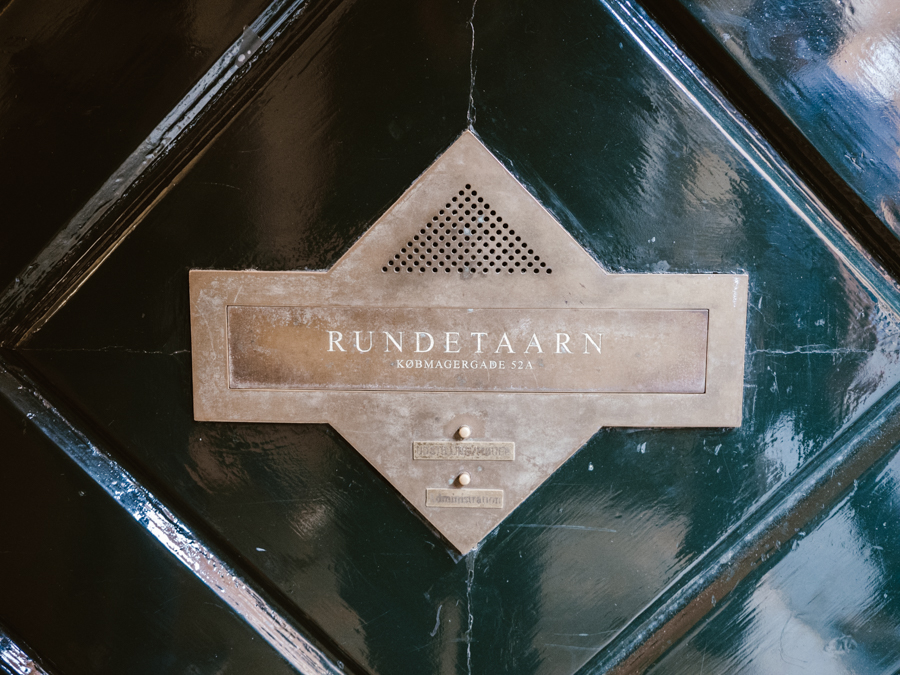
The Rundertaarn is a 17th century tower in the heart of Copenhagen originally built as an astronomical observatory.
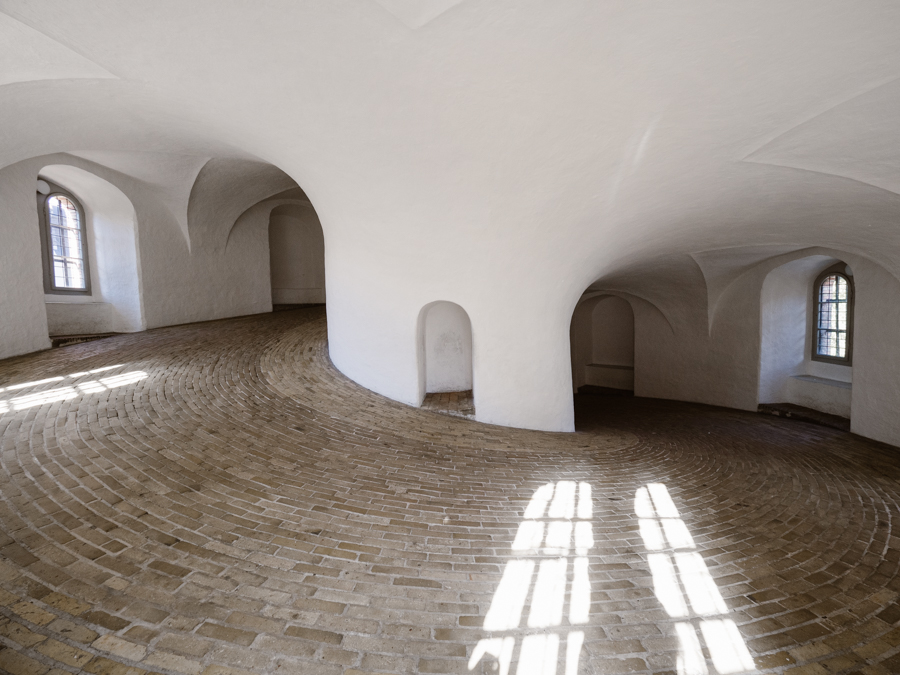
As the name suggests, Rundertaarn (Round Tower) houses a 7.5 turn helical corridor that leads to expansive views of Copenhagen.
I decided to venture out of Copenhagen to visit Frederiksborg castle located in Hillerød, Denmark. It was built as a royal residence in the early 17th century for King Christian IV. As much as I like seeing over-the-top opulent architecture and interiors, I visit castles for the gardens. Frederiksborg Slot is situated on three islets in the Slotssøen (castle lake), it is adjoined by a large Baroque formal garden.
After spending some time in the Frederiksborg castle I took a train ride to Humlebæk to explore the Louisiana Museum of Modern Art. The museum is the perfect synthesis of architecture, art and landscape. You seamlessly stroll through galleries and enter the outdoor sculpture garden where the sloping terrain gives you a view of Øresund bridge, where Denmark connects to Sweden.
Whilst exploring the artwork at the Louisiana Museum of Modern Art, I discovered the work of German artist Hans-Peter Feldmann. Feldmann “recycles” paintings he picks up from auctions from minor renaissance masters and alters them with a humourous twist.
Exploring local food is an important part of travelling for me, and I was keen to try “new nordic cuisine”. Väkst (Danish for “growth”) is like a little secret garden in the heart of Copenhagen. It’s core concept lies in developing dishes around Danish vegetables (you can still have a steak too of course), this is reflected through the interiors as well, where the main feature is a greenhouse spanning across two levels.
Three months before I was due to leave for Scandinavia I was lucky enough to score a table at Noma. I had been working myself up for the last 2 hours before bookings opened. I sat at my computer with 15 browser windows opened as I watched the reservations countdown start and seamlessly allocate me a random number in a queue. I felt my heart sink as I saw the numbers in the 1000s and 2000s. Then luck would have it that one of my browsers were in the 2 digits queue! I waited impatiently as I could see it was soon to be my turn to make a reservation. As soon as I got into the booking system I typed like a crazy woman putting in my details, only to hit submit and see that my spot was already taken! so quickly I picked another date and managed to secure a table, and as soon as that was confirmed I checked the bookings again to see the whole month had booked out in under 15 minutes.
It is no surprise that people from all over the world fight for a coveted spot to dine at Noma Copenhagen. I can safely say that Noma deserves all it’s accolades and hype. It was one of the most flawless and innovative dining experiences of my life. The staff are impeccably friendly and efficient, there is no pretension or ego. Just quality produce served to you by the most passionate and dedicated chefs around the world, even met a couple of Aussie chefs!
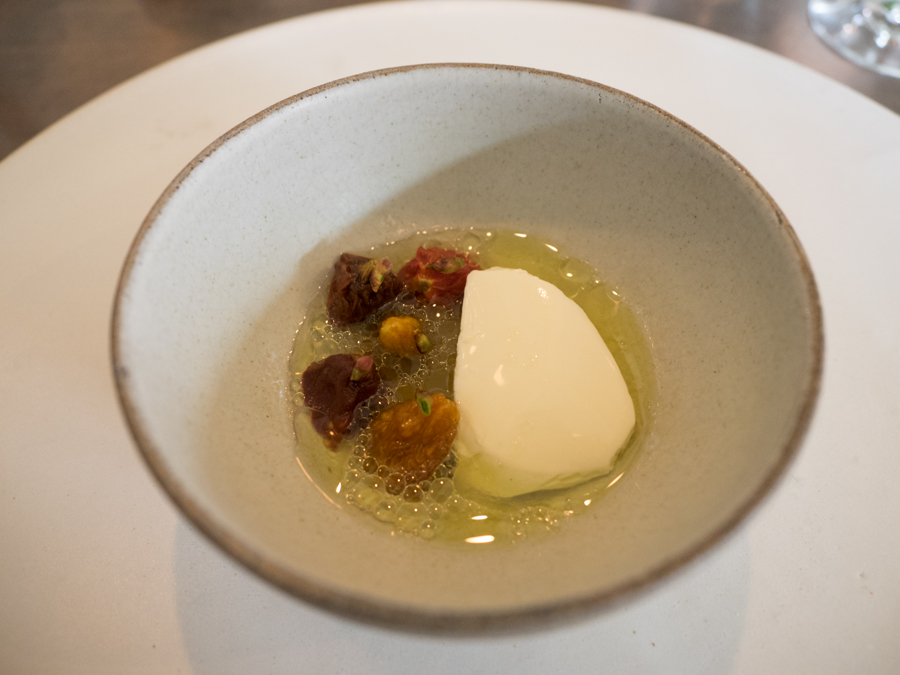
Dried Danish tomatoes and fresh milk curd. This dish was so delicious! the tomatoes were infused with elderflower.
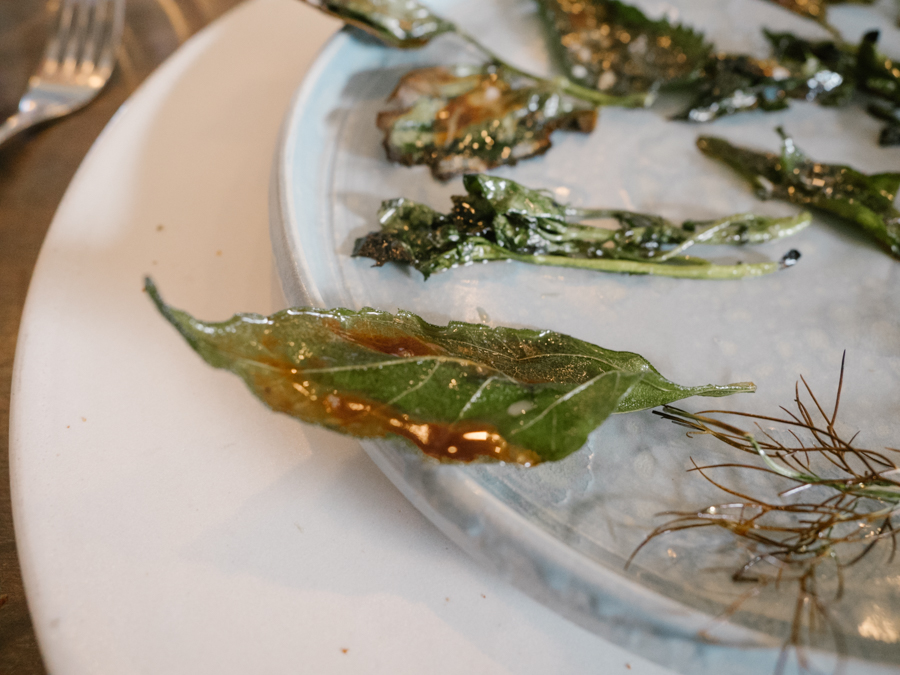
Charred greens and scallop paste. This dish was surprisingly savoury and tasted like scallops more than anything else.
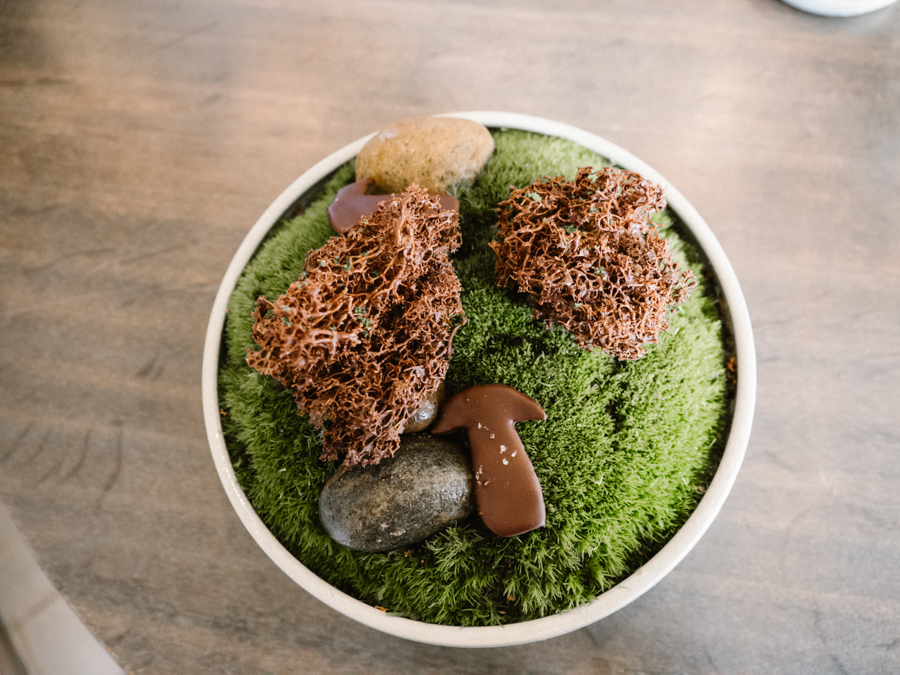
Moss cooked in chocolate, cep mushroom. Ok, moss tastes good you guys… I love the fresh clean taste it leaves after the sweet chocolate.
After enjoying a leisurely 3 hour lunch (a.k.a the best meal I have ever had in my life!) I went for a stroll across the newly opened Inderhavnsbro “kissing bridge” that links the Christianshavn and Nyhavn districts to see the colourful houses lined up like lego blocks (how Danish!)
In the evening I made my way to Tivoli Gardens, which is a famous amusement park that opened in 1843, making it the second oldest operating amusement park in the world. Tivoli is unique as it is not only full of delighted screams from rollercoasters, but it is also a beautifully manicured garden. I went just before sunset so I could see the Scandinavian sky turn a blazing pink while the park lights lit up and turned it into a magical garden.
The Danish are famous for many things, not just Lego or wind turbines, but most notably for minimalistic Scandinavian design. Perhaps not high on everyone’s travel agendas but I was most excited to visit the Design Museum of Denmark. Albeit the museum is small, it had a wonderful curation of industrial design from some of my favourite architects and designers like Arne Jacobsen and Verner Panton. The museum houses the largest library for design in Scandinavia, it also contains a fully annotated and illustrated database of all furniture made in Denmark from 1900 to 2000.
The Ny Carlsberg Glyptotek (yes, in relation to Carlsberg breweries) is a beautiful art museum which predominantly focuses on antique scultpures. The different wings are connected by the Winter Garden which is like a little oasis with palm trees, a fountain and a domed ceiling.
Copenhagen has been one of the most lovely cities I have ever visited; I’m not sure if it’s the quaint colourful cobblestoned streets, the new nordic food, the lack of cars being replaced by stylish bicycles, or maybe it’s just a combination of everything — it’s hygge.
Next stop STOCKHOLM!
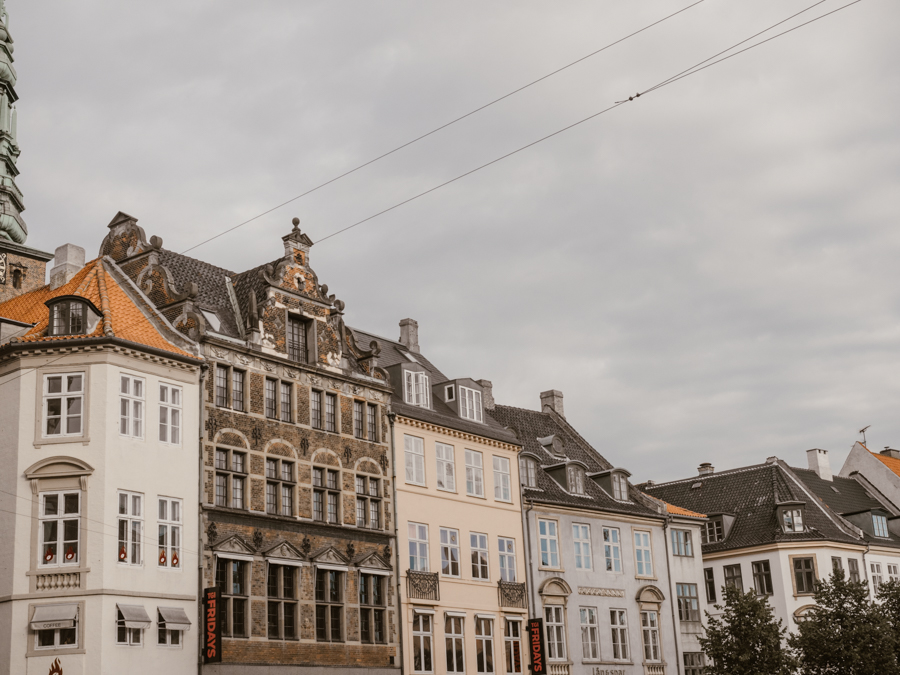
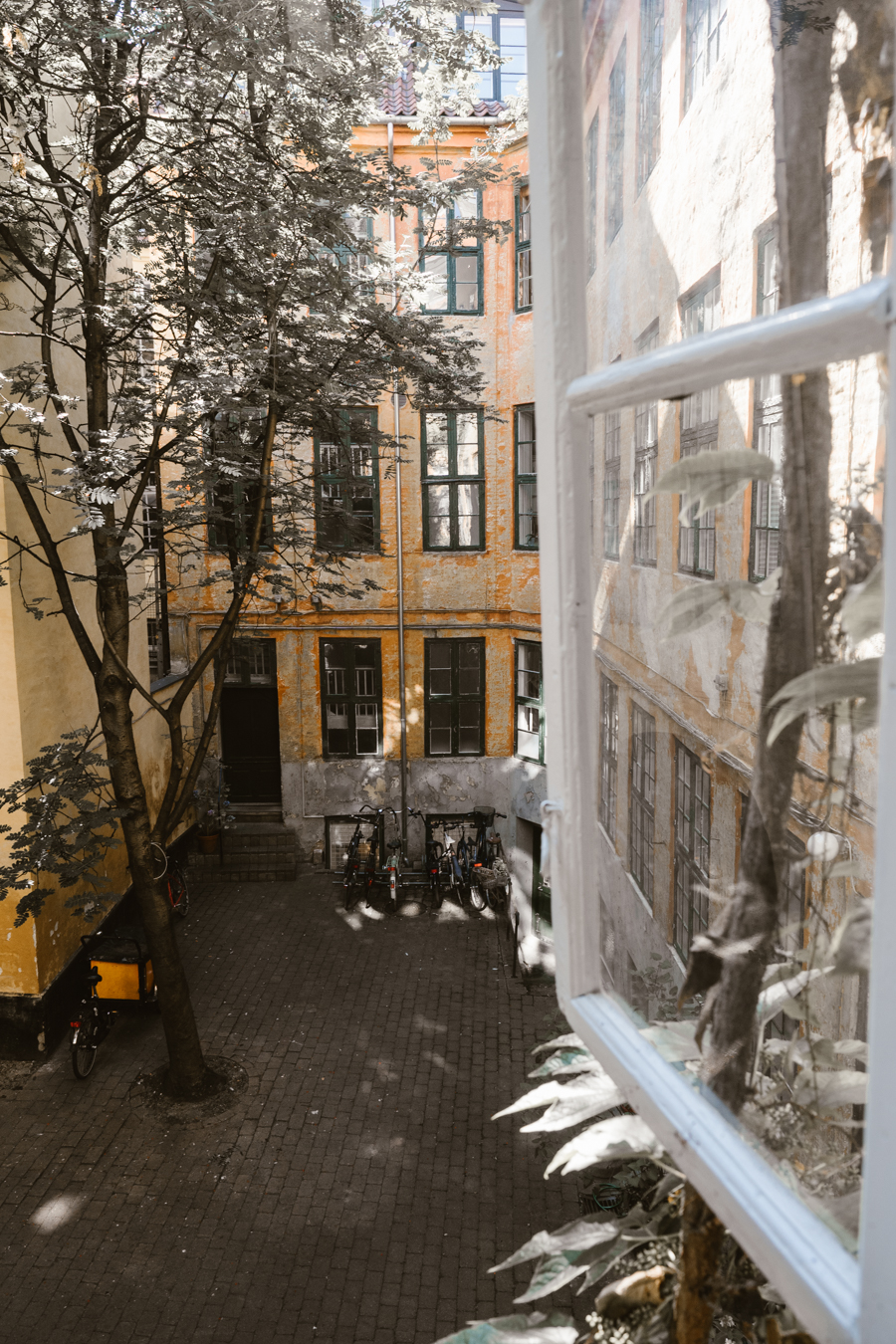

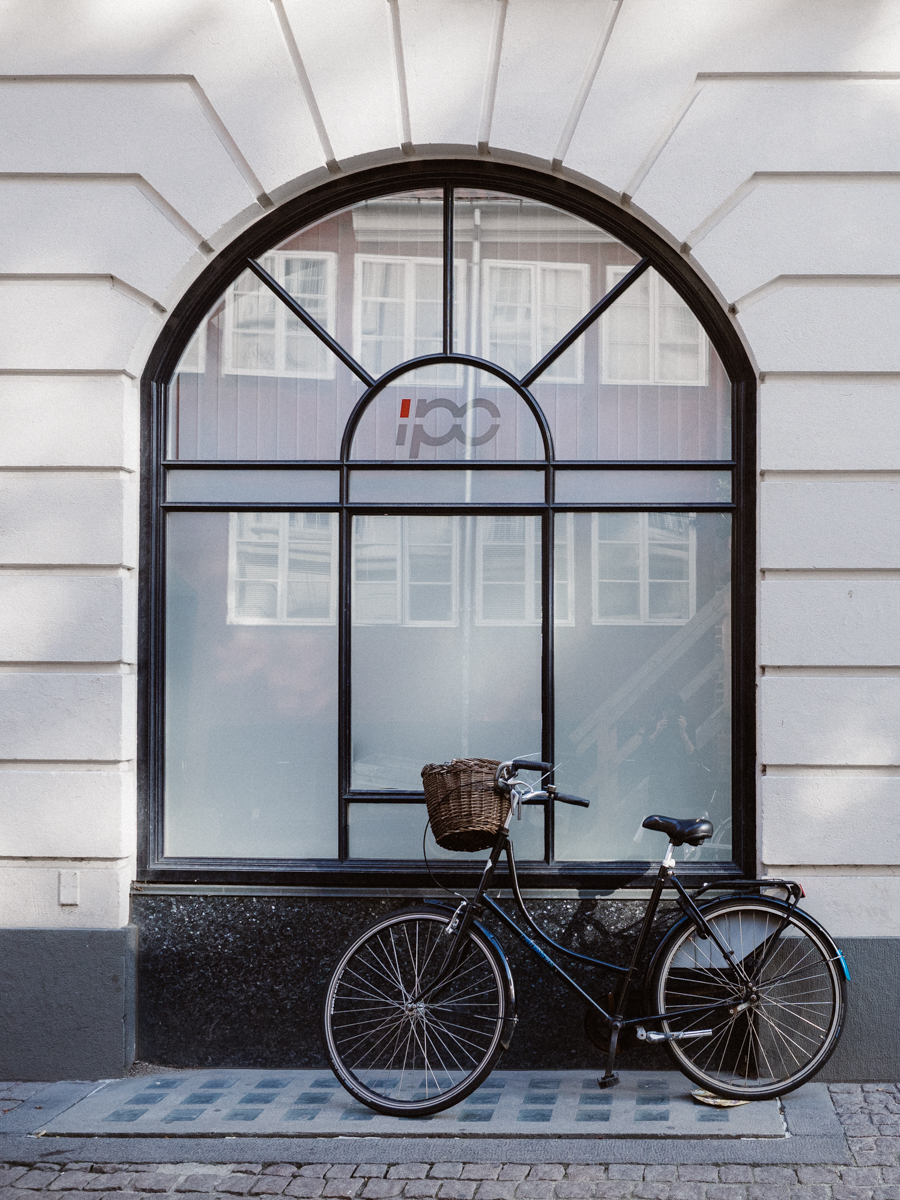
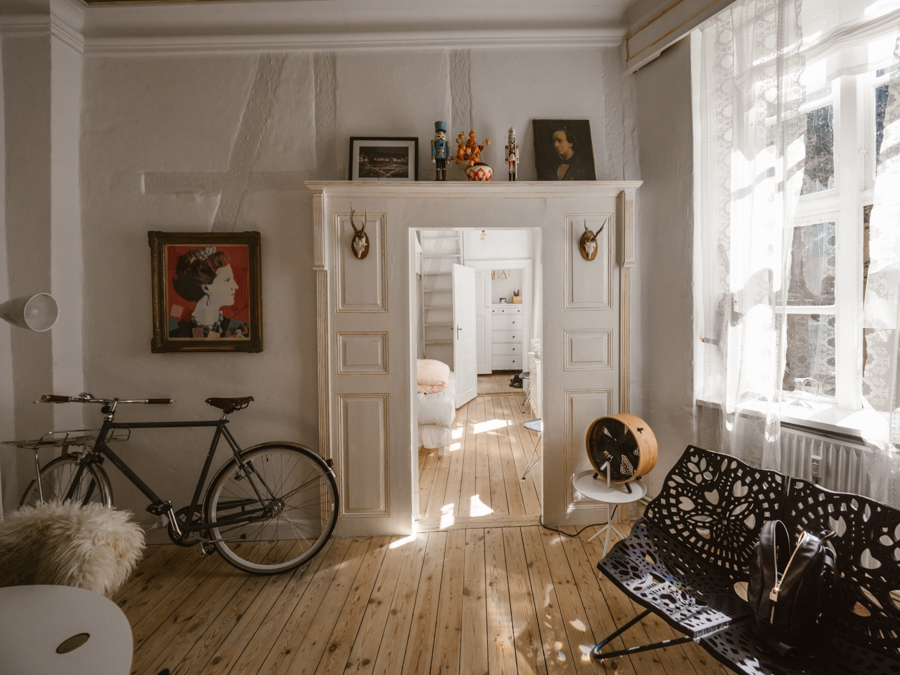
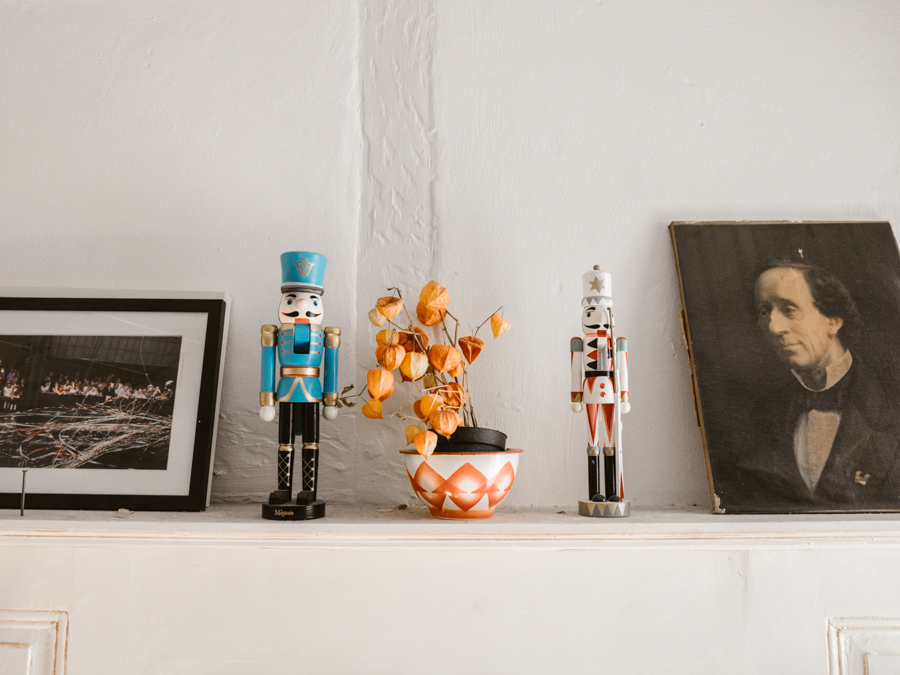
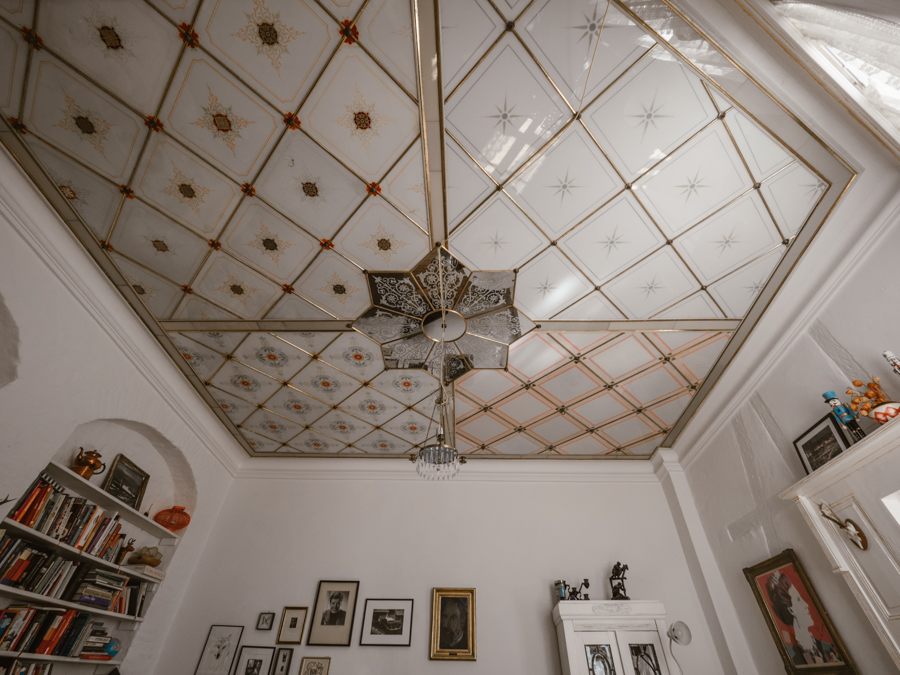
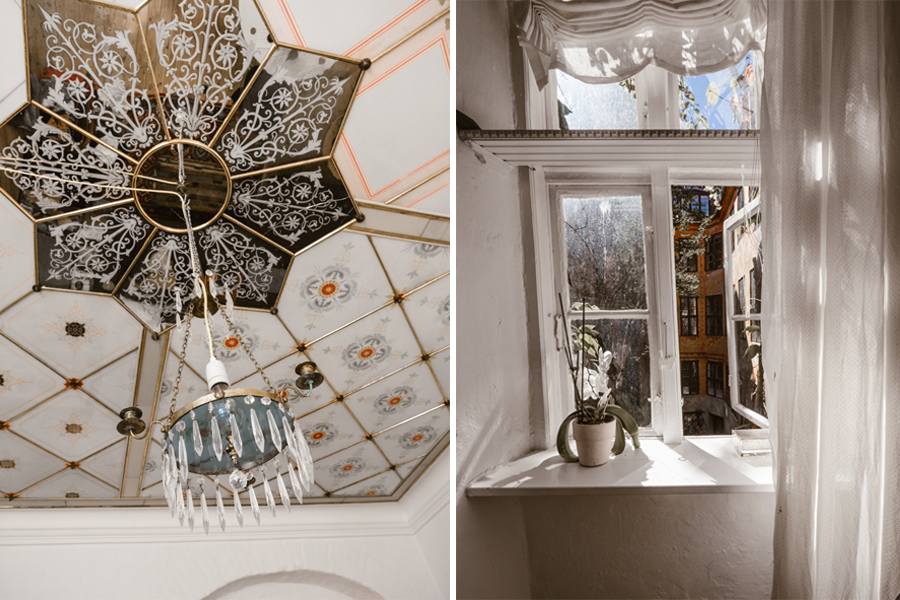
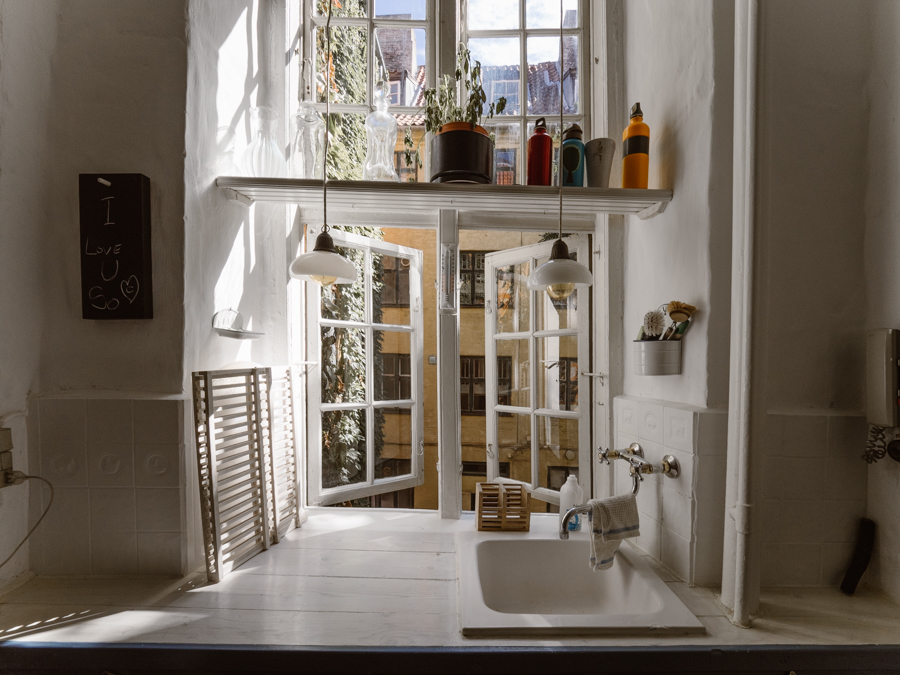
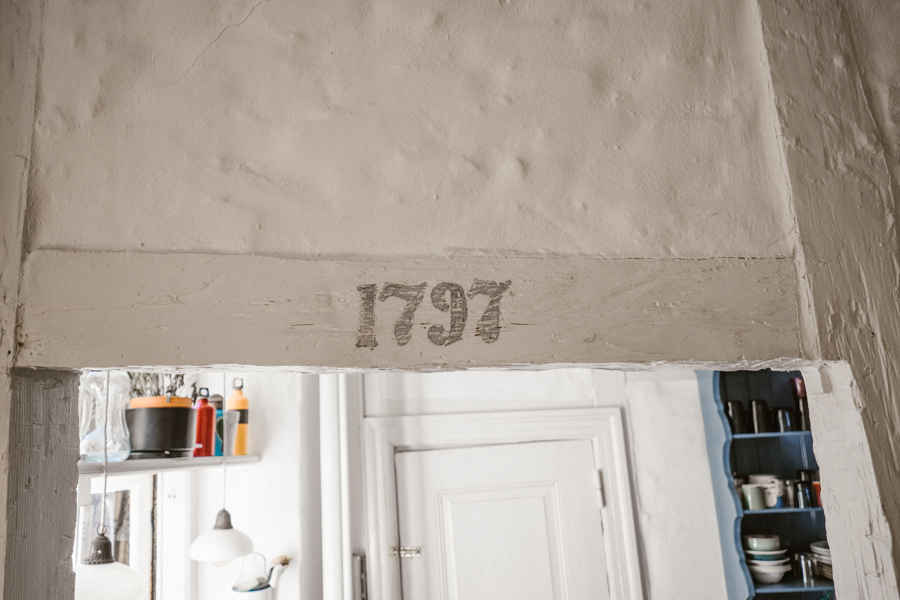
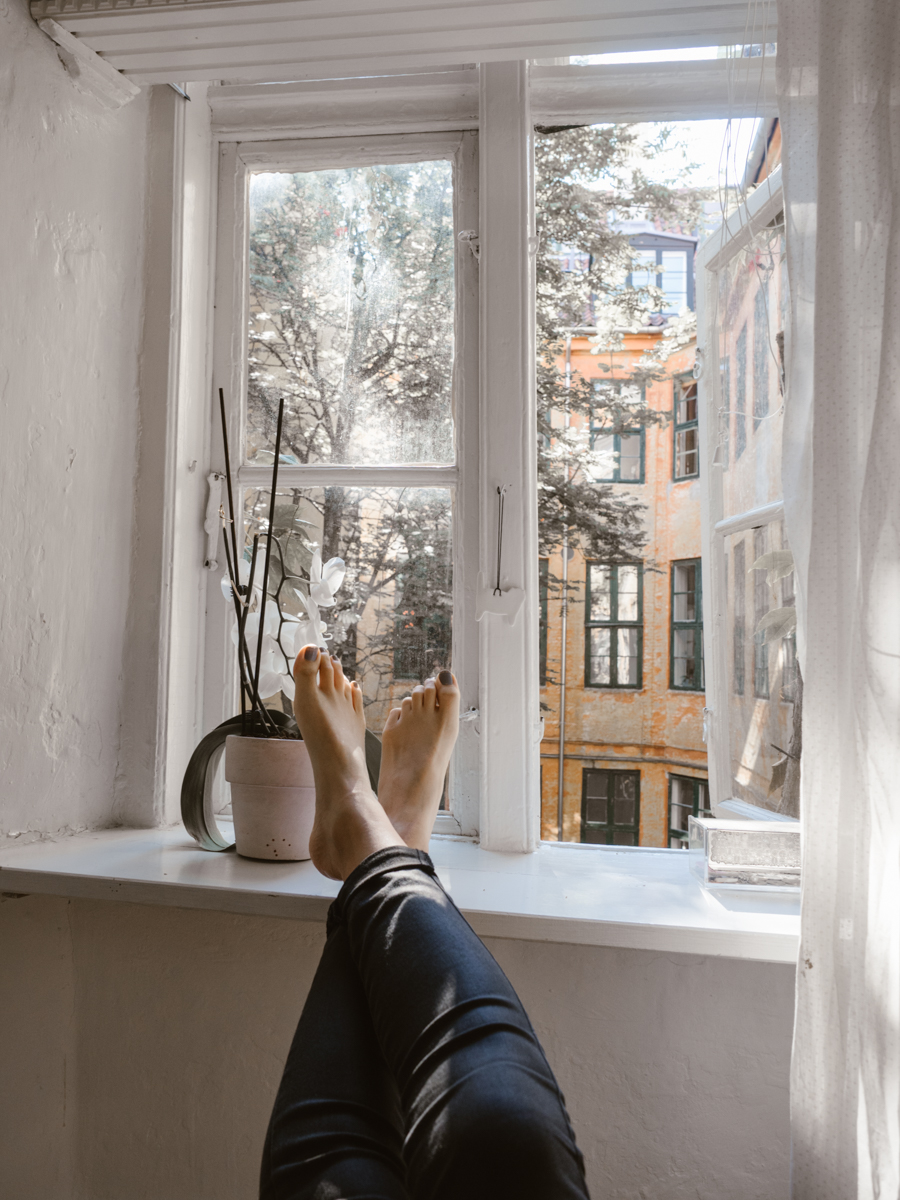
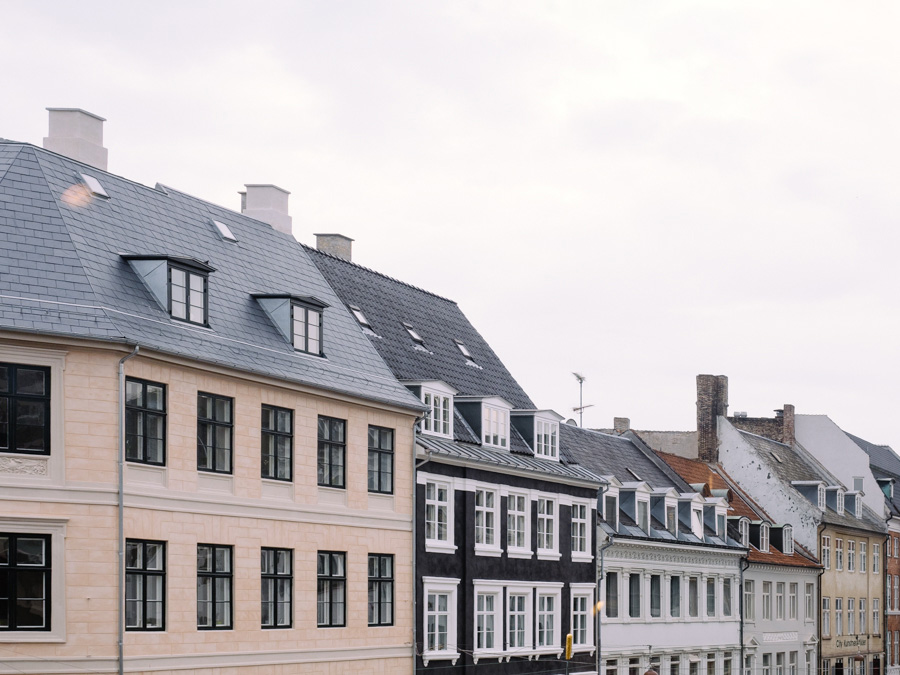
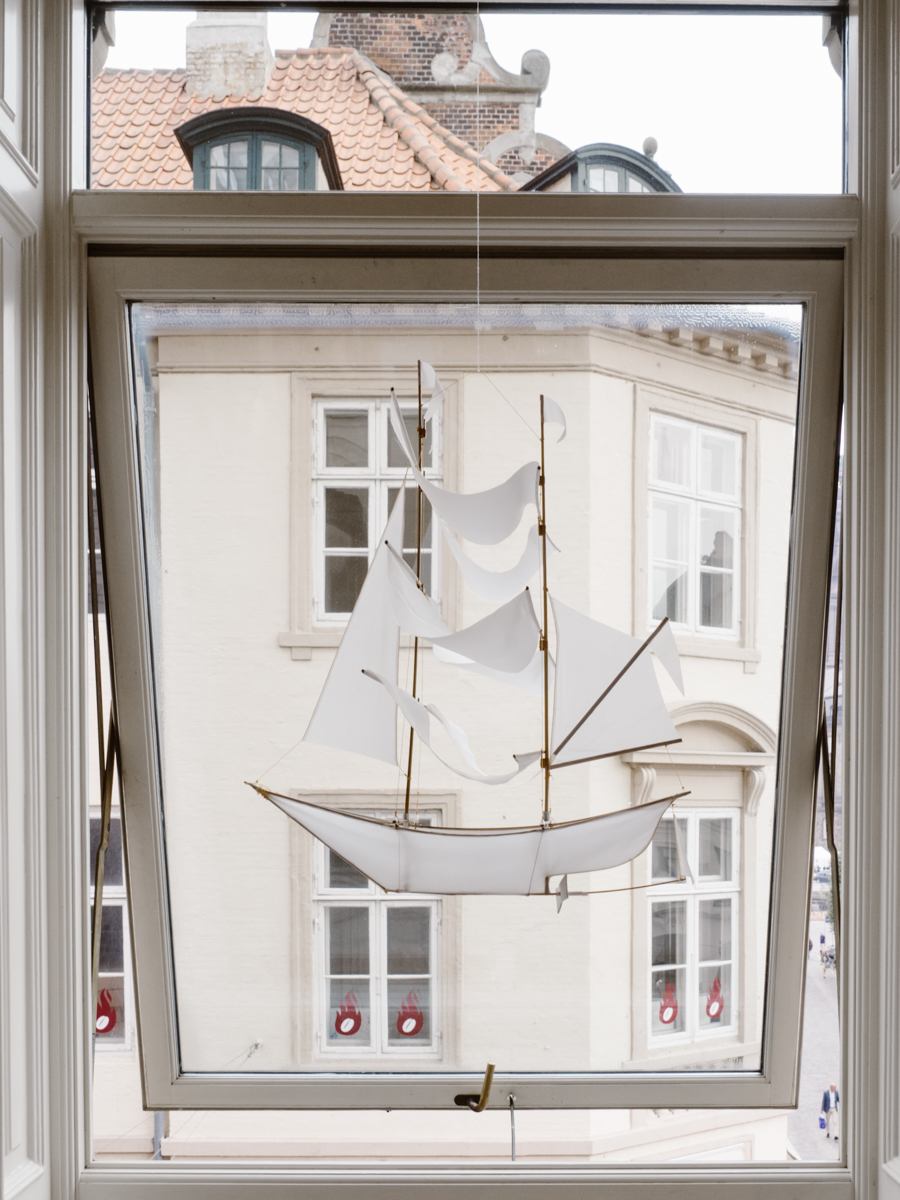
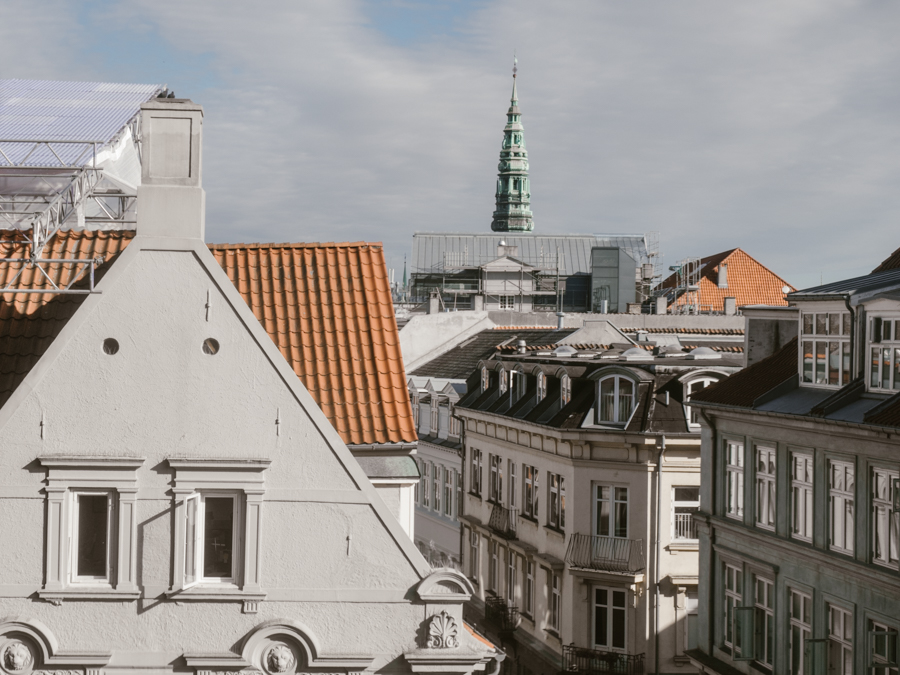

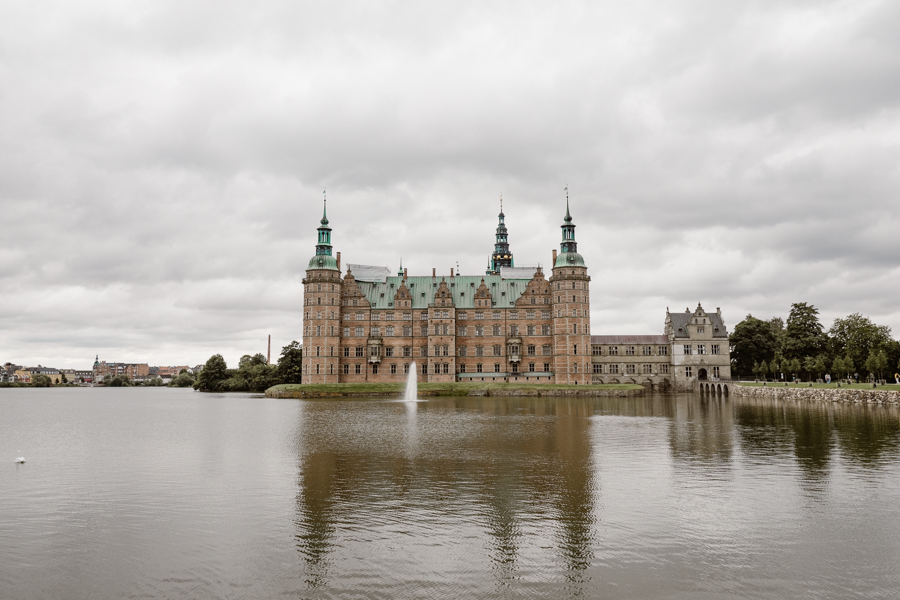
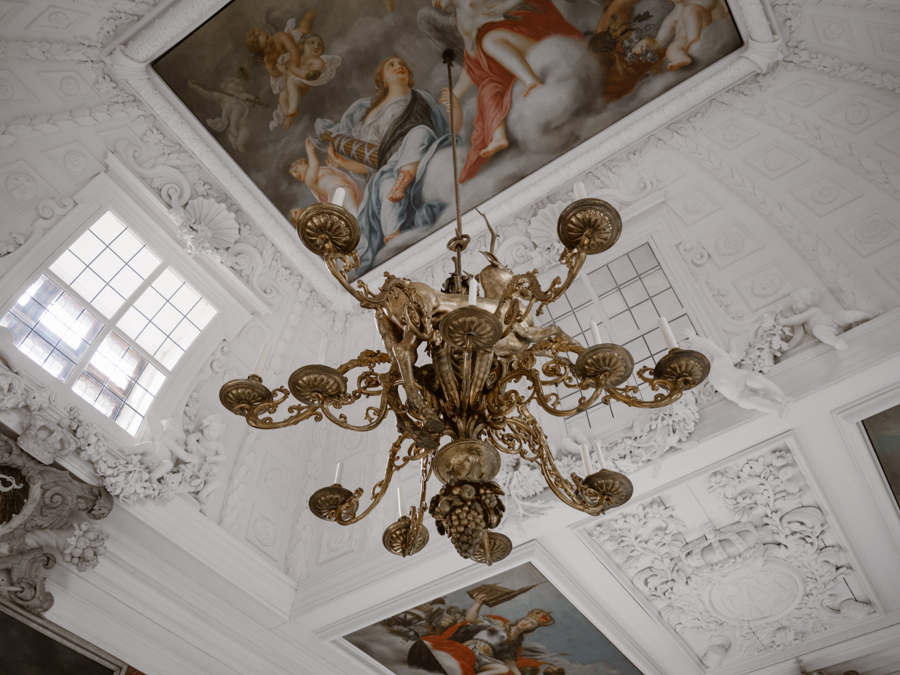
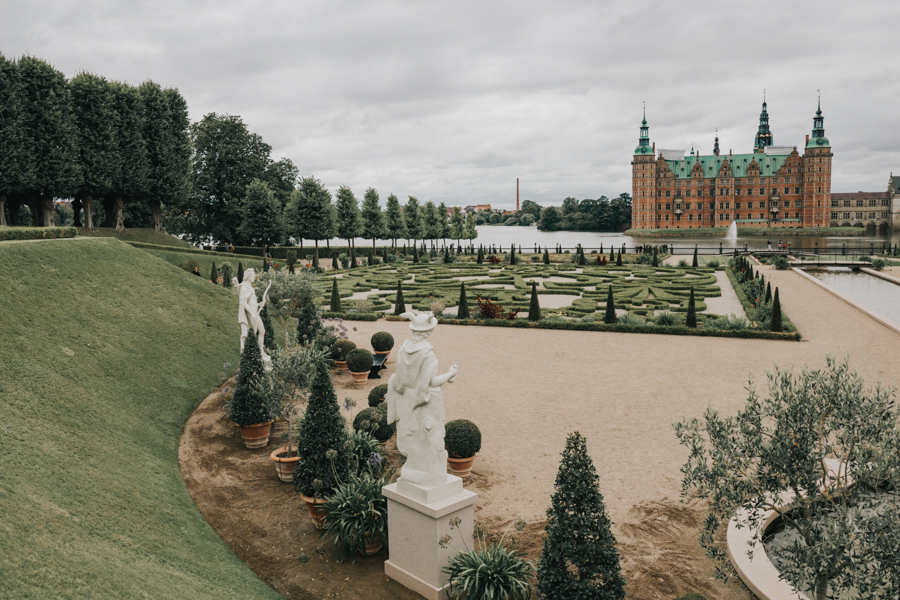
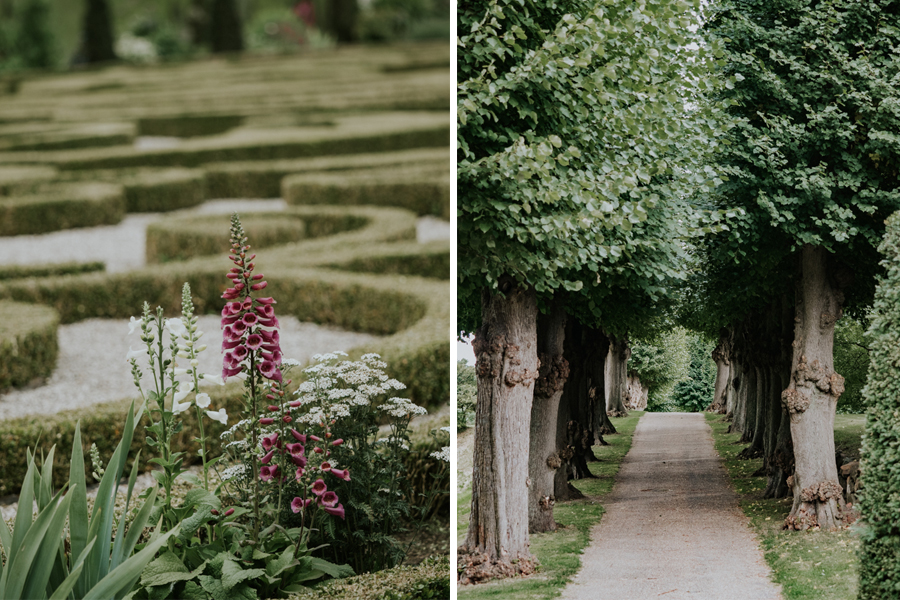
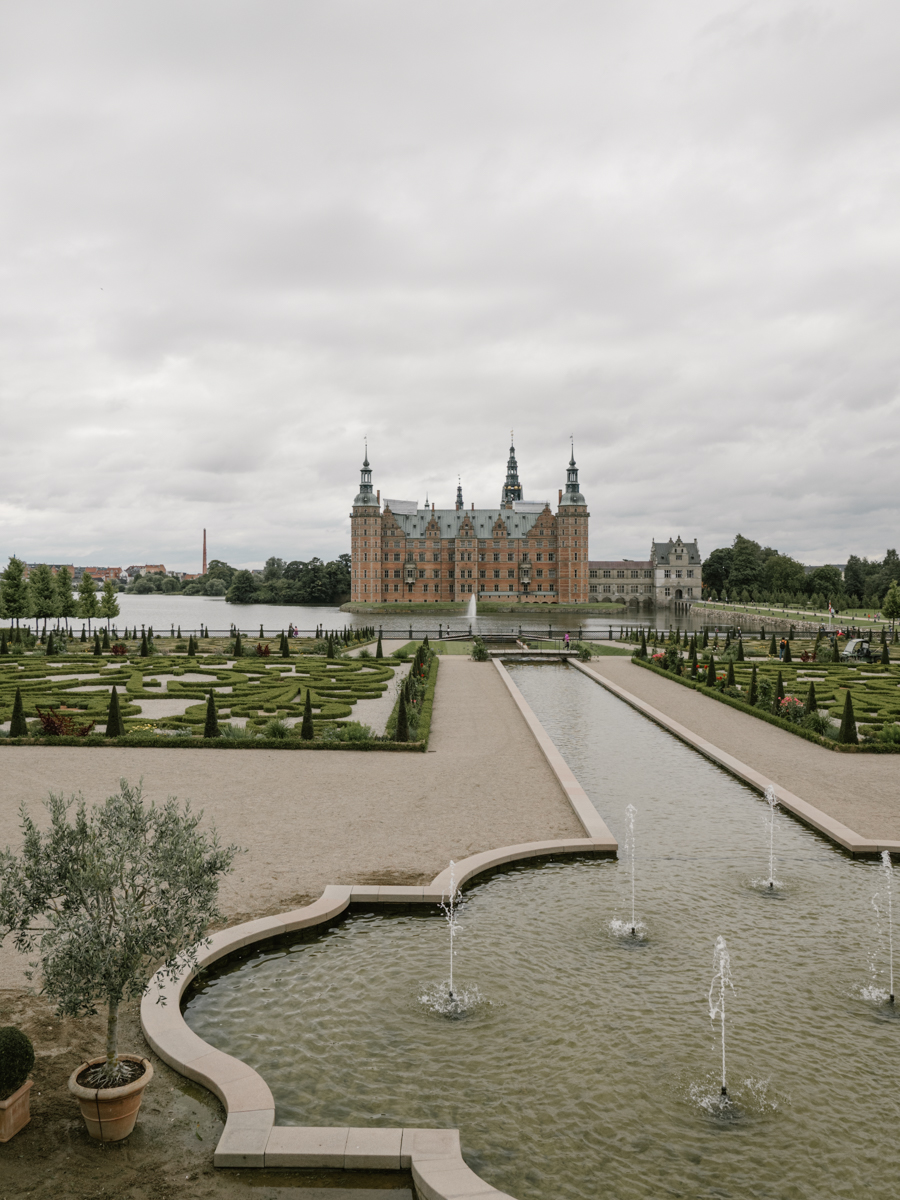
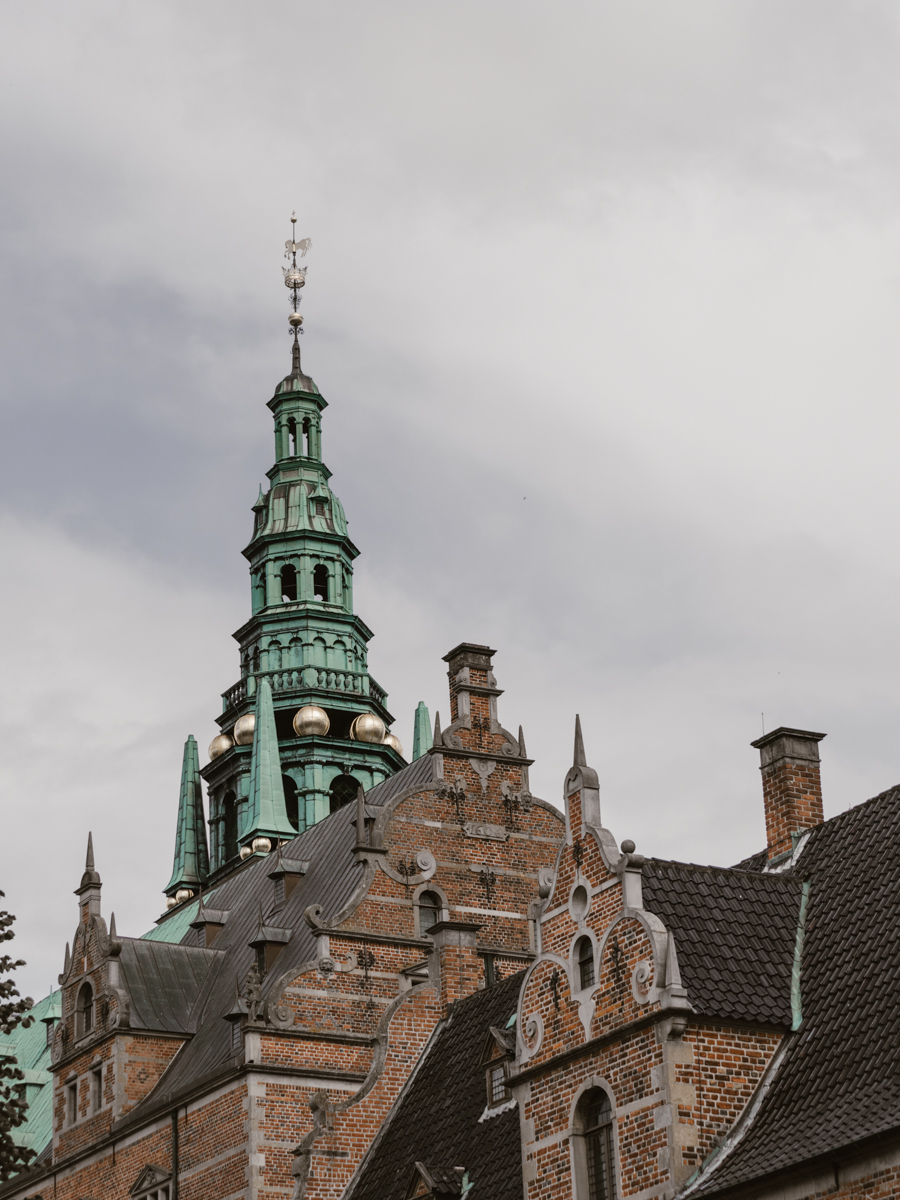
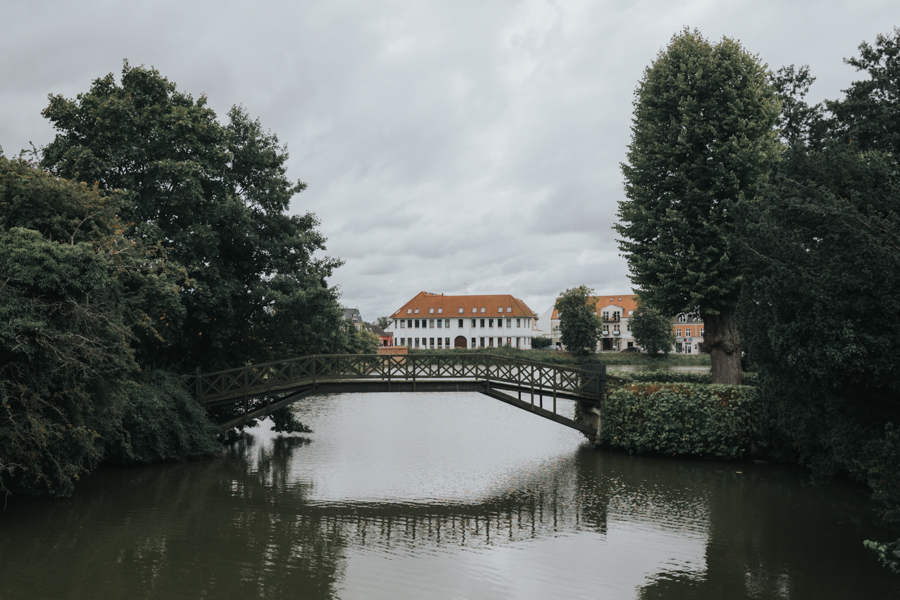
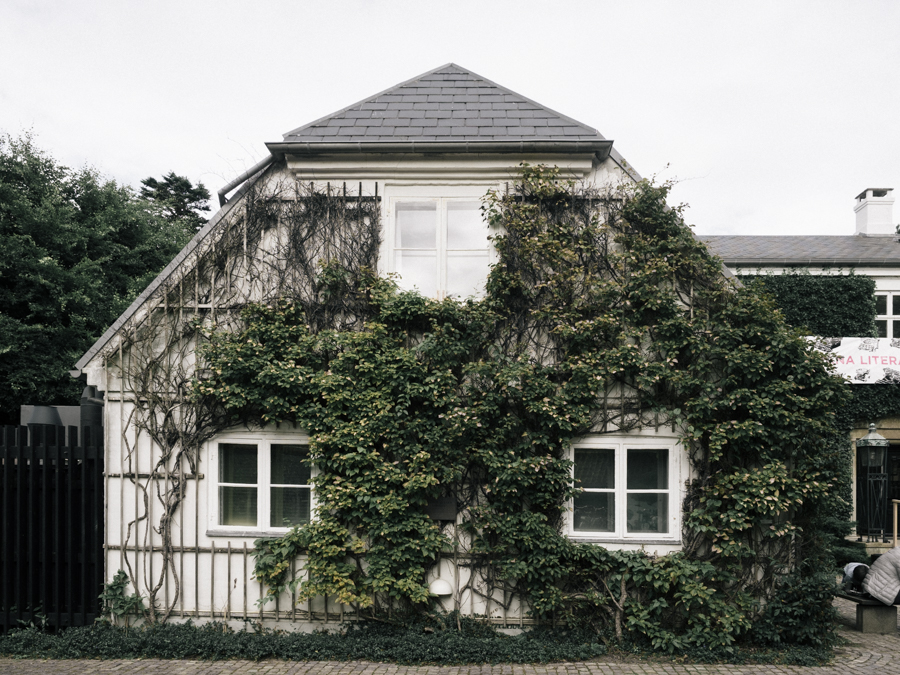

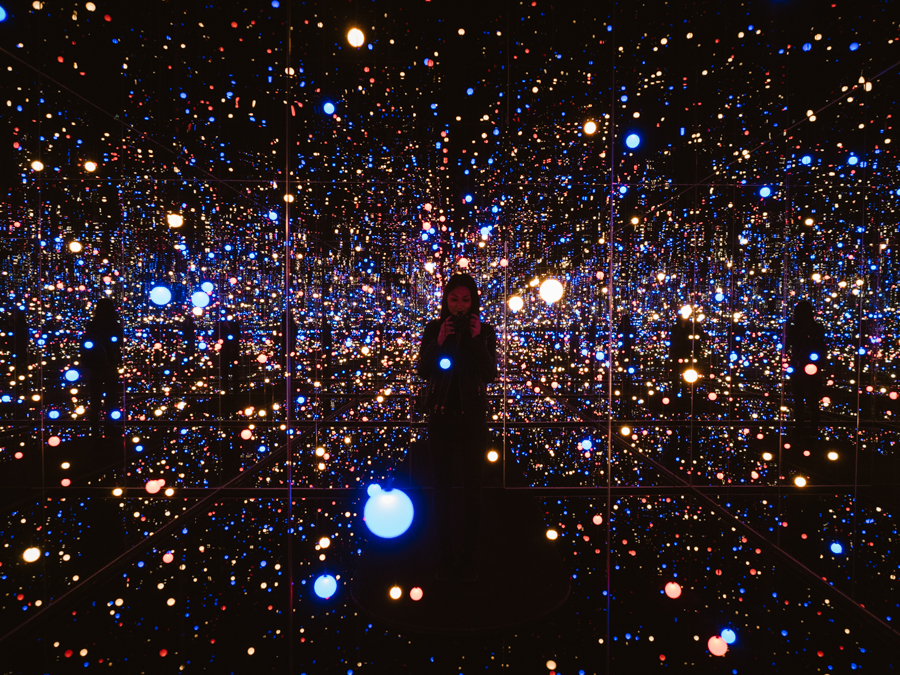
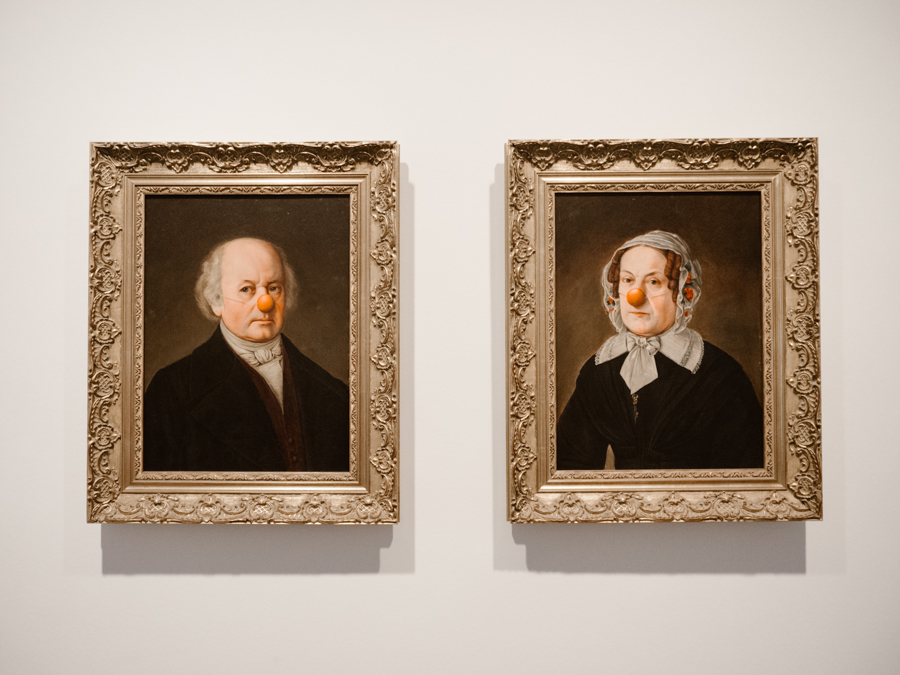
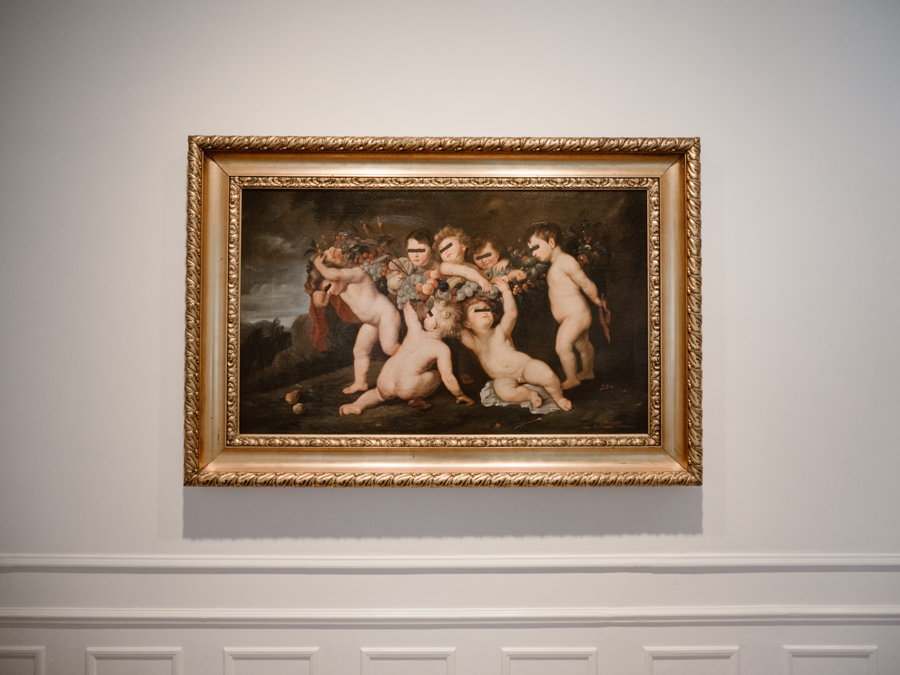
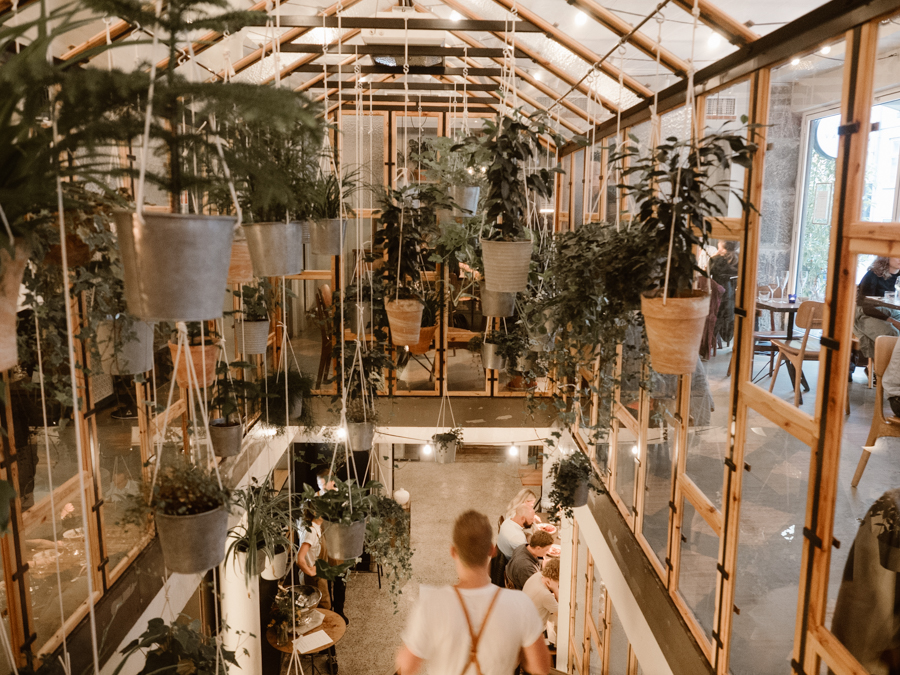
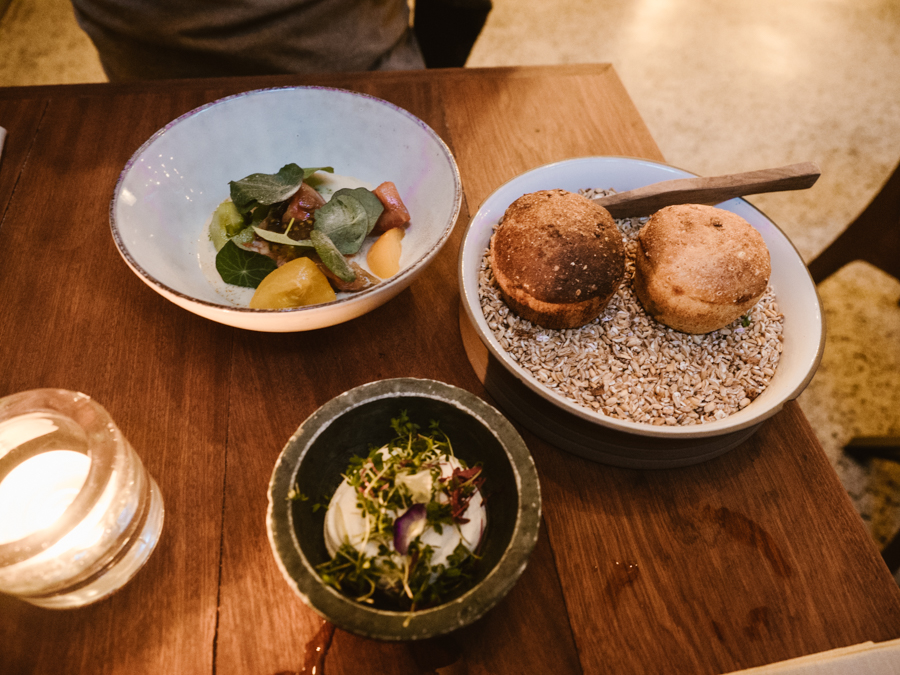
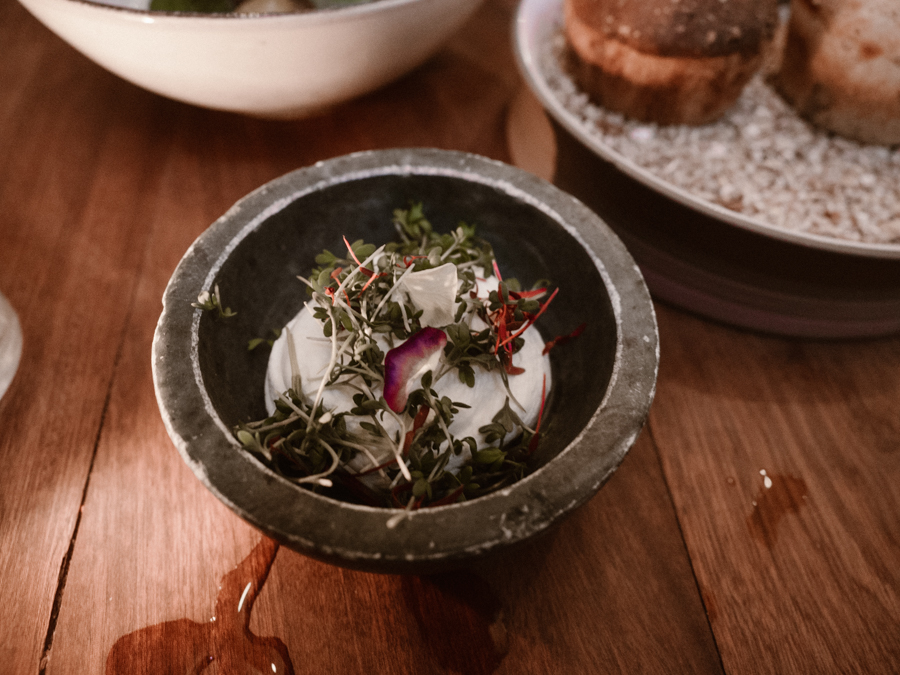
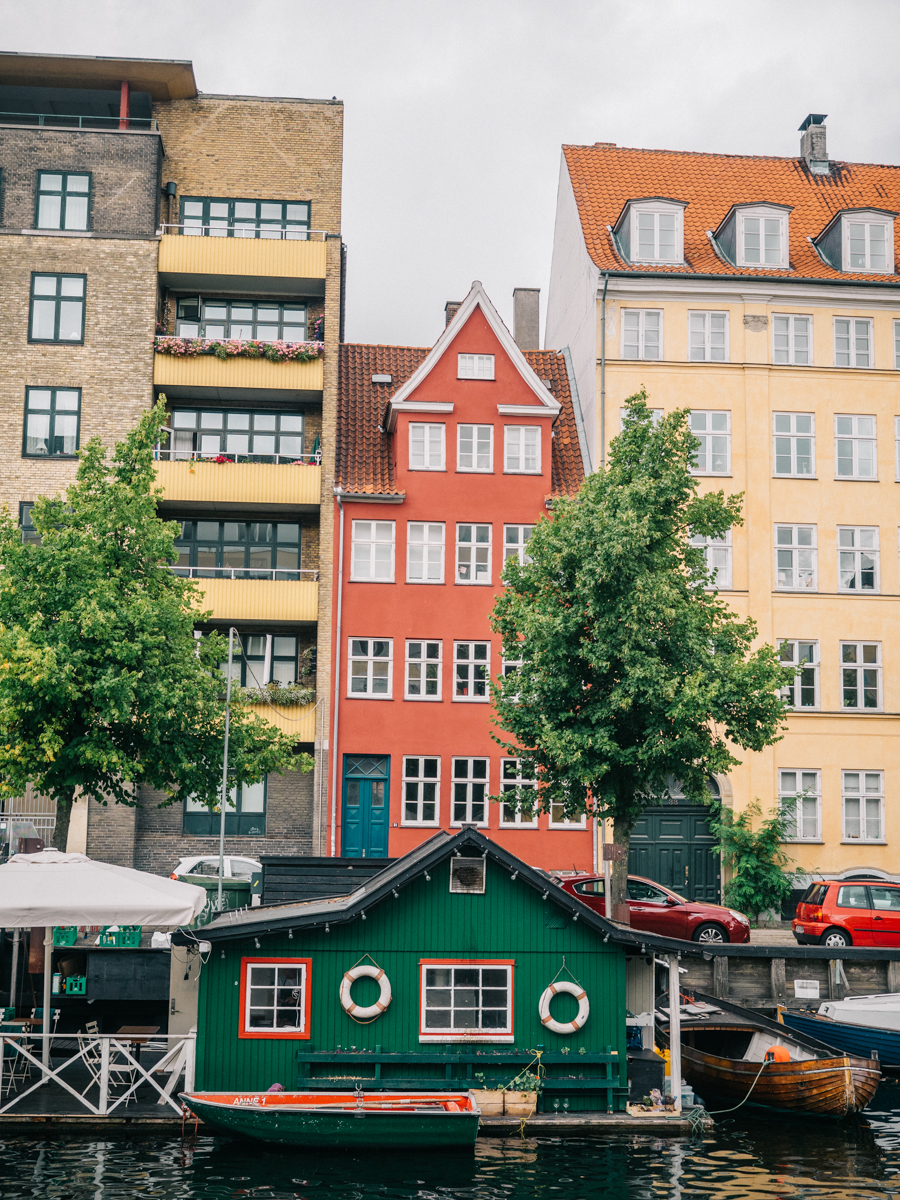
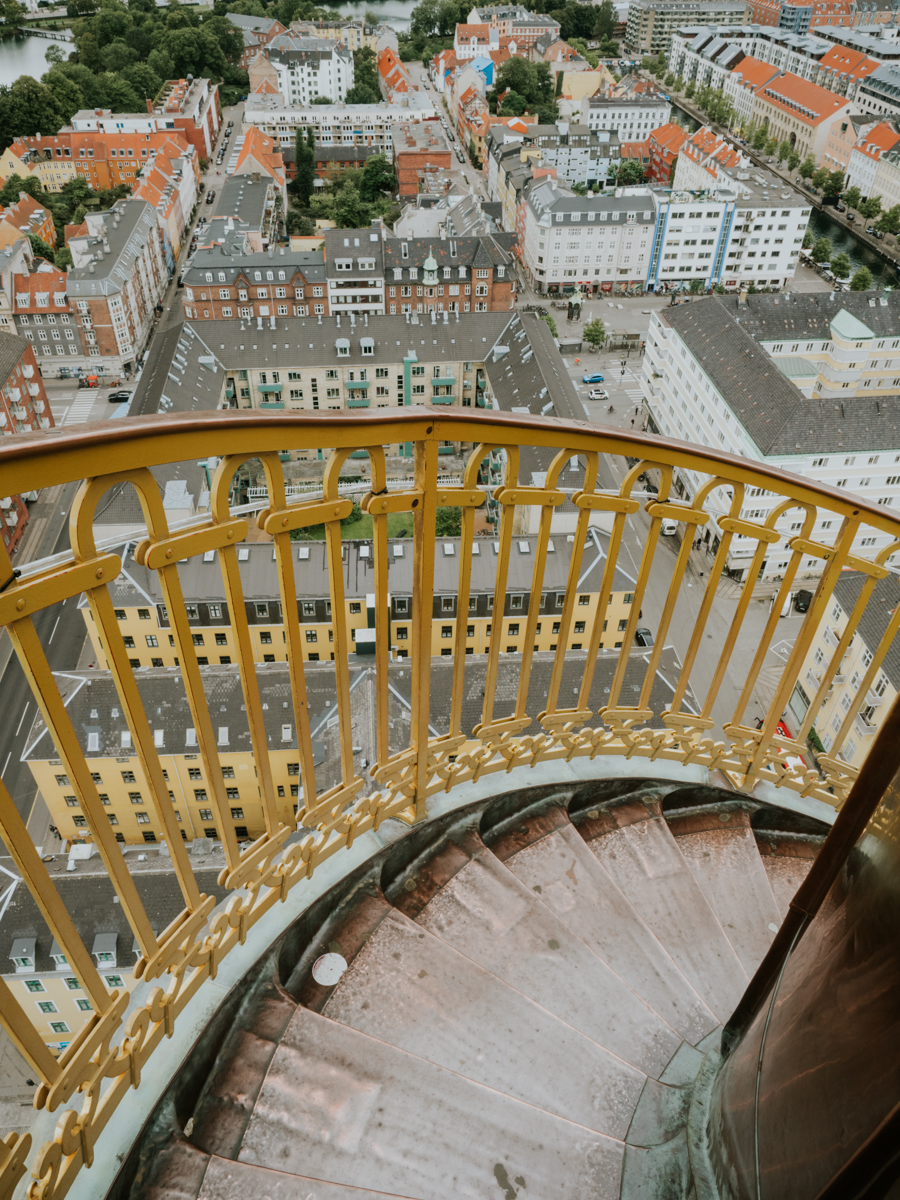
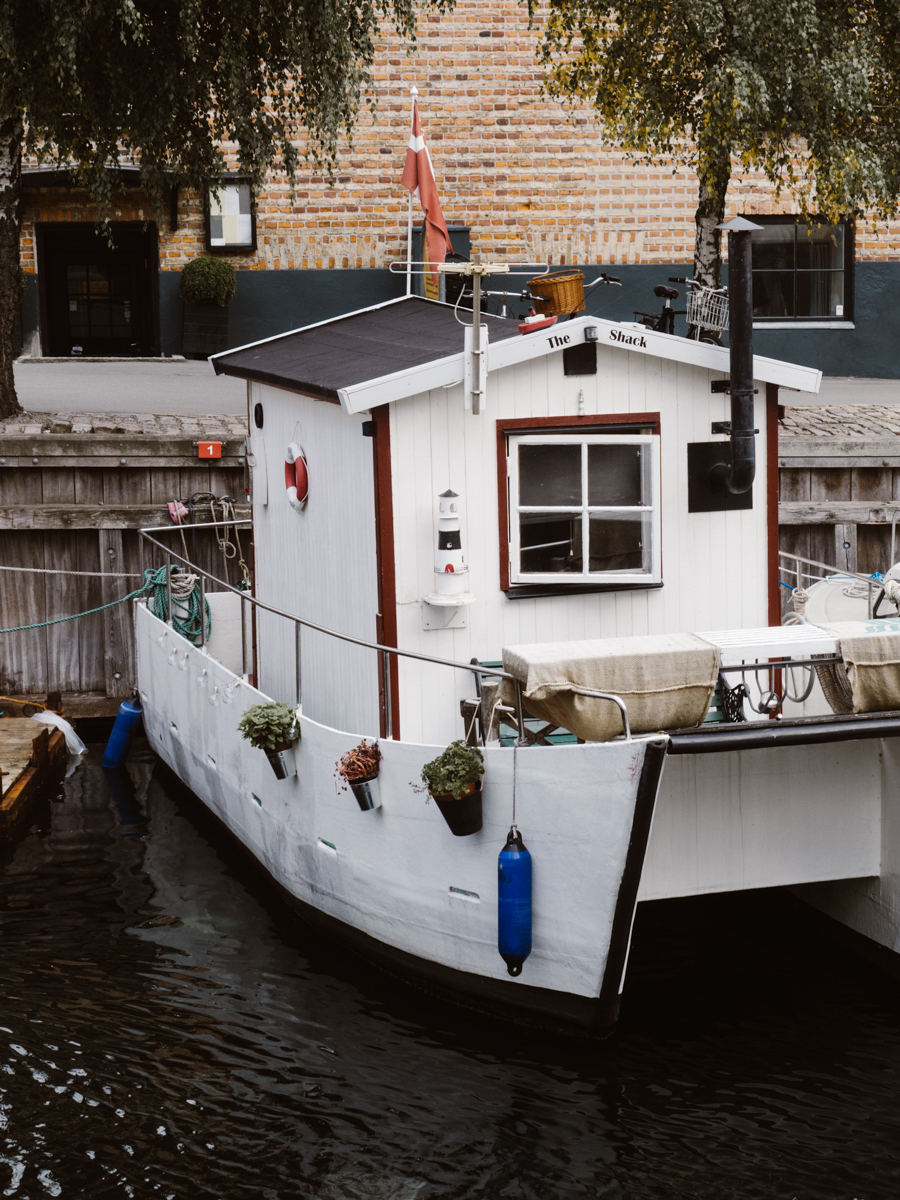
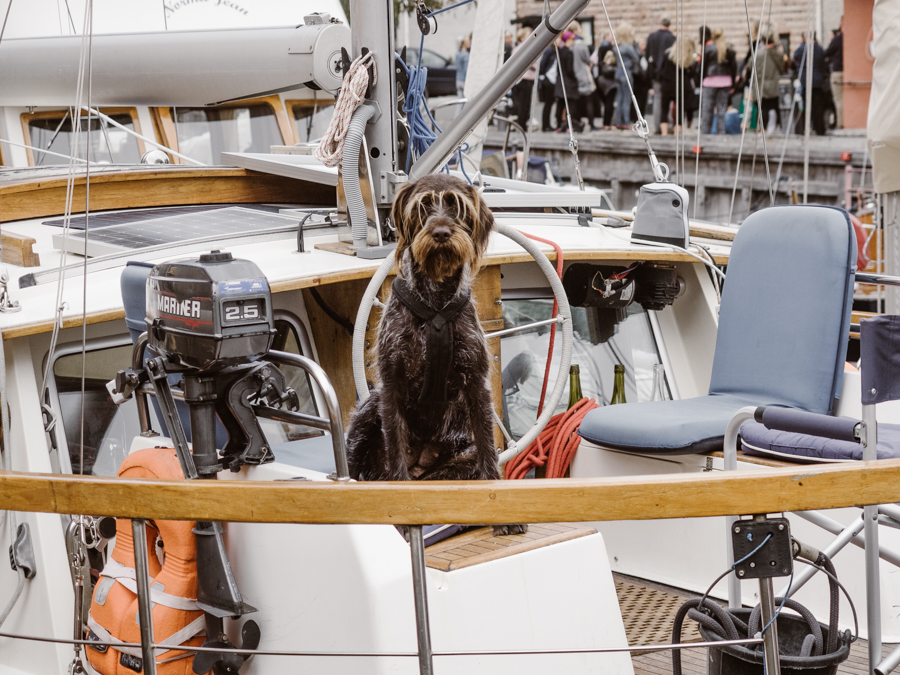
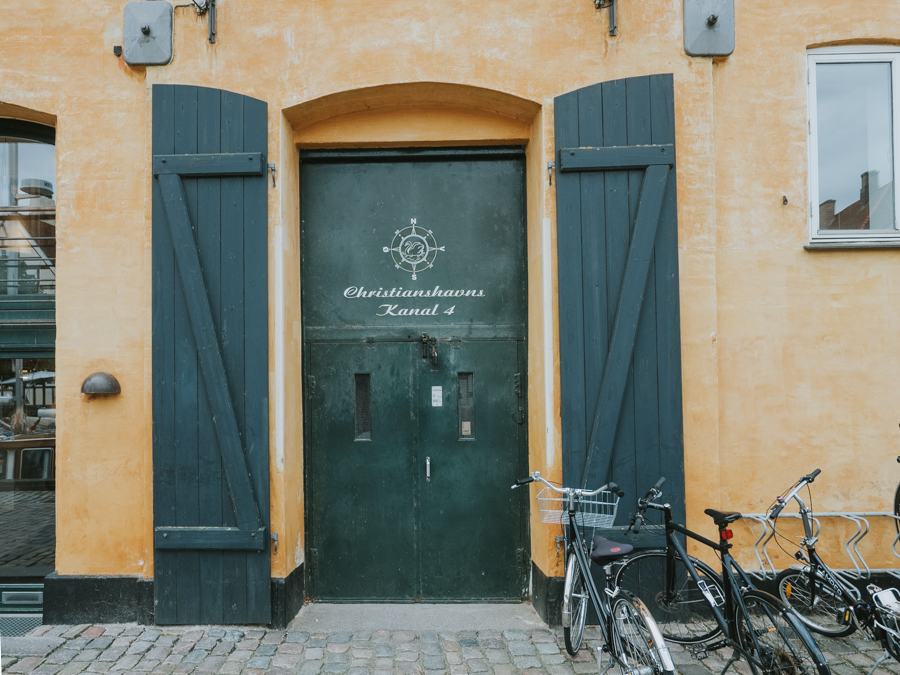

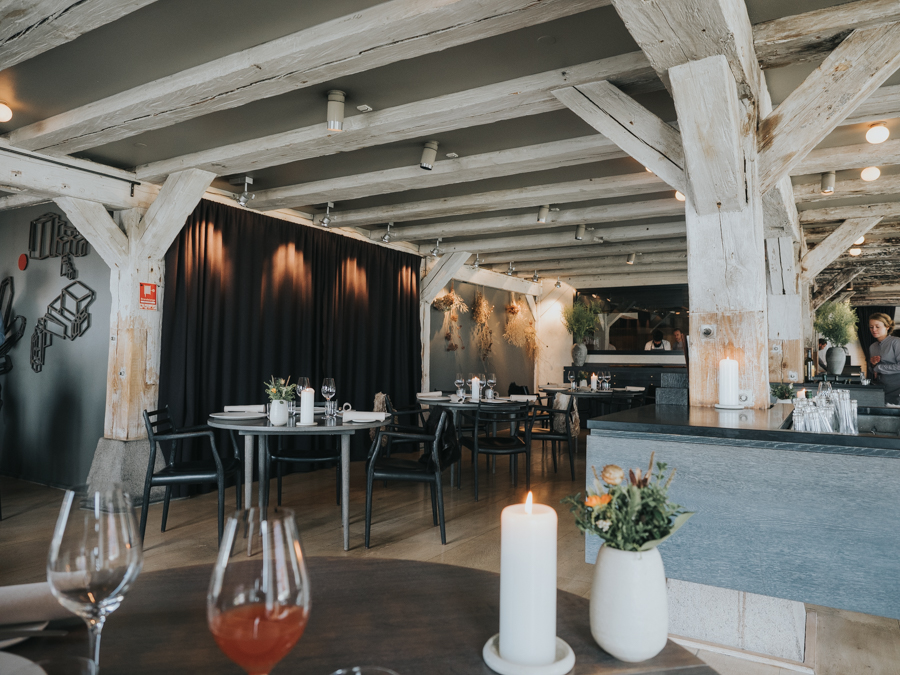

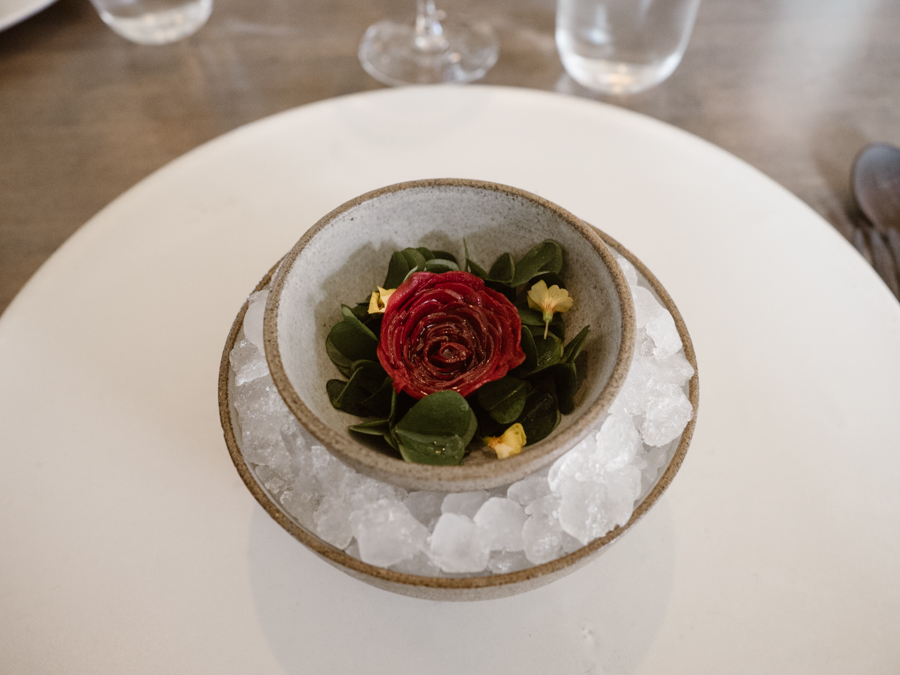
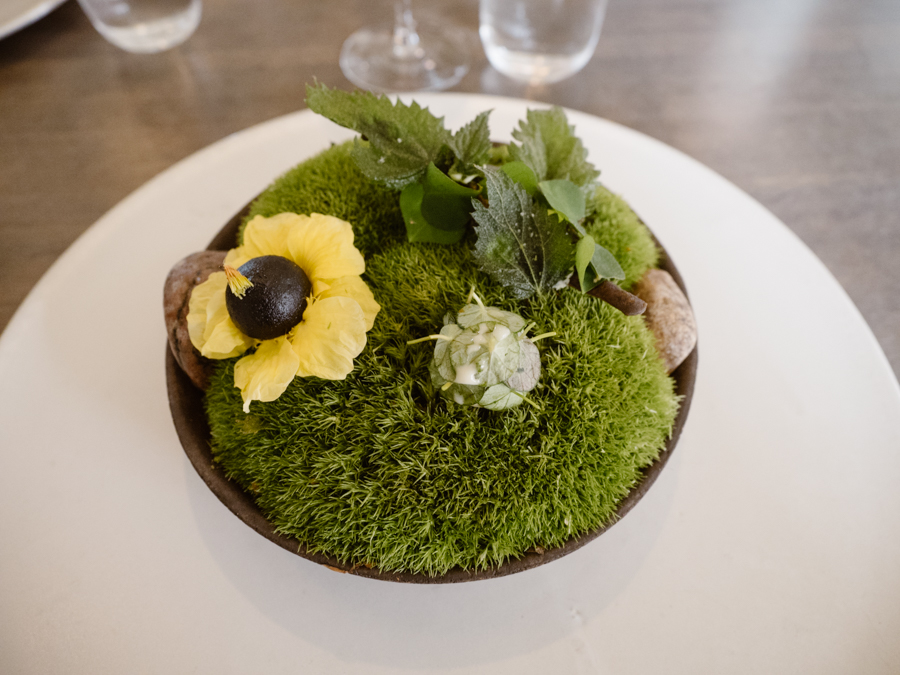
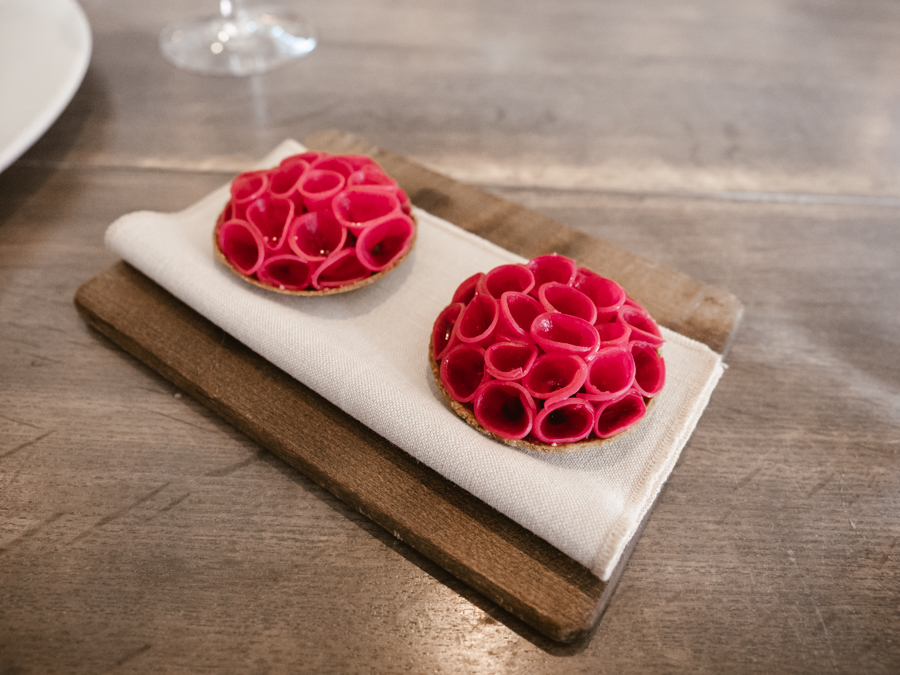

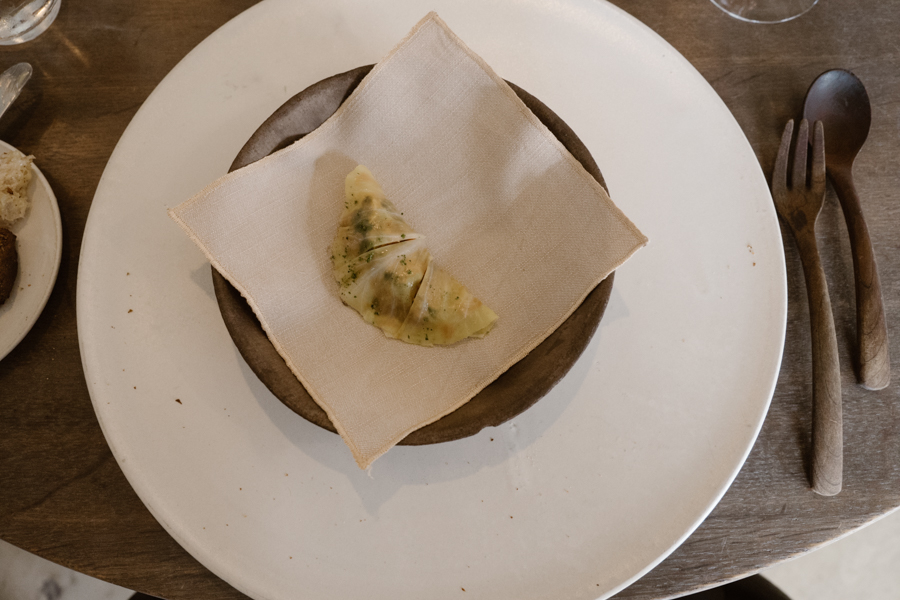
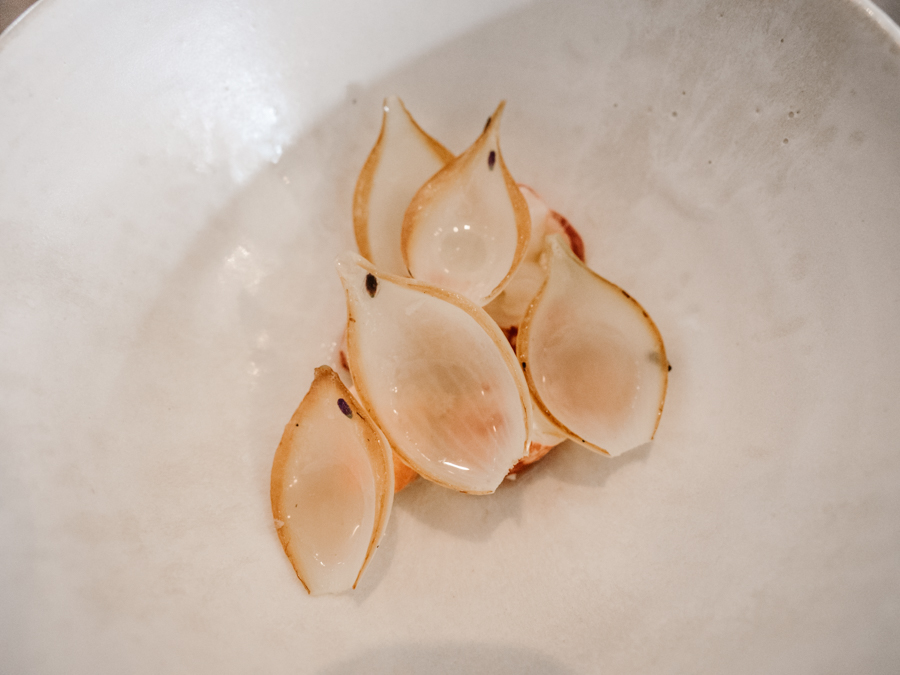

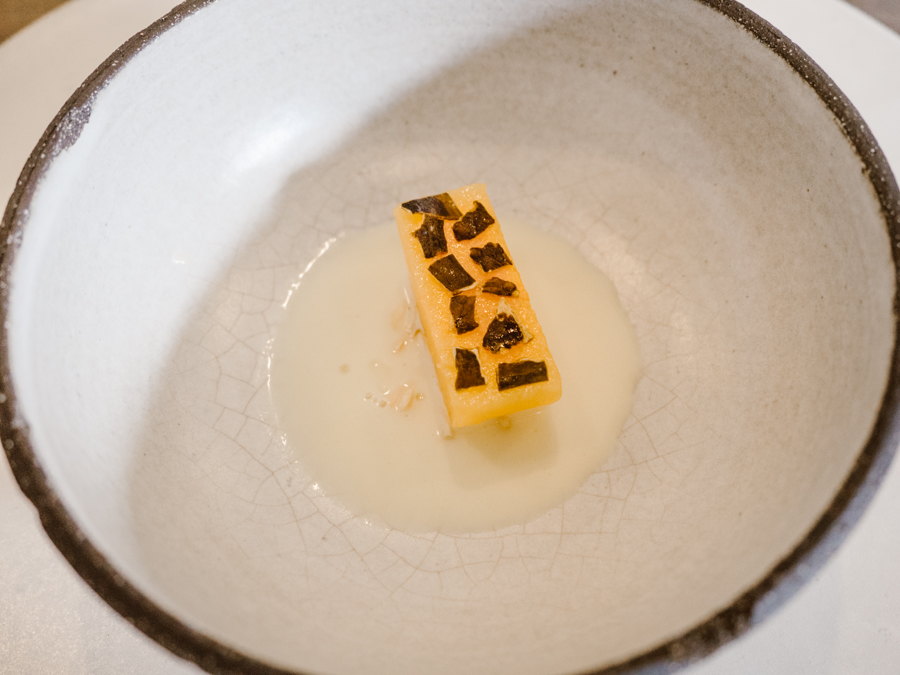
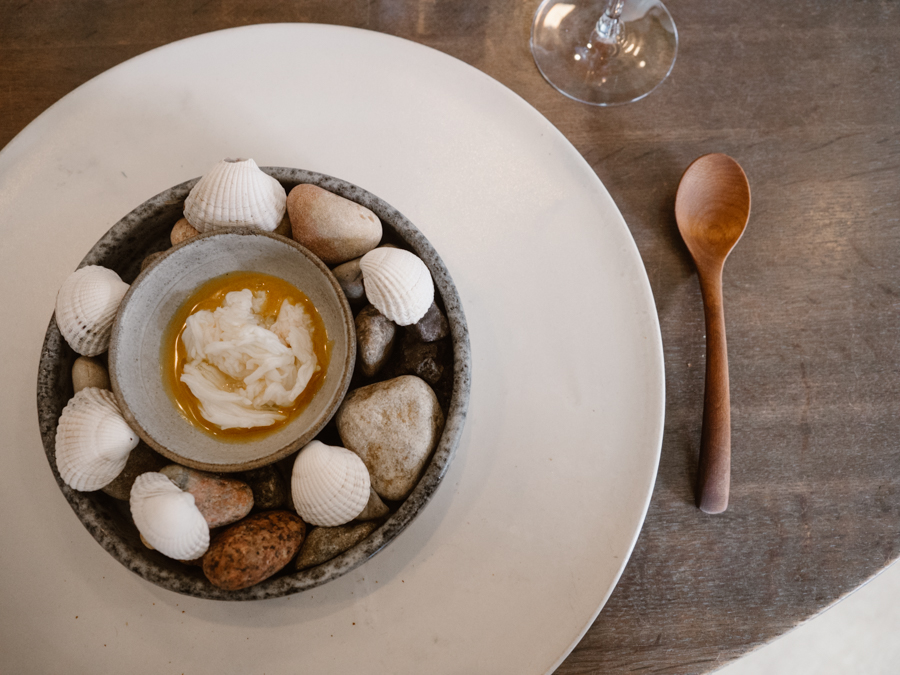
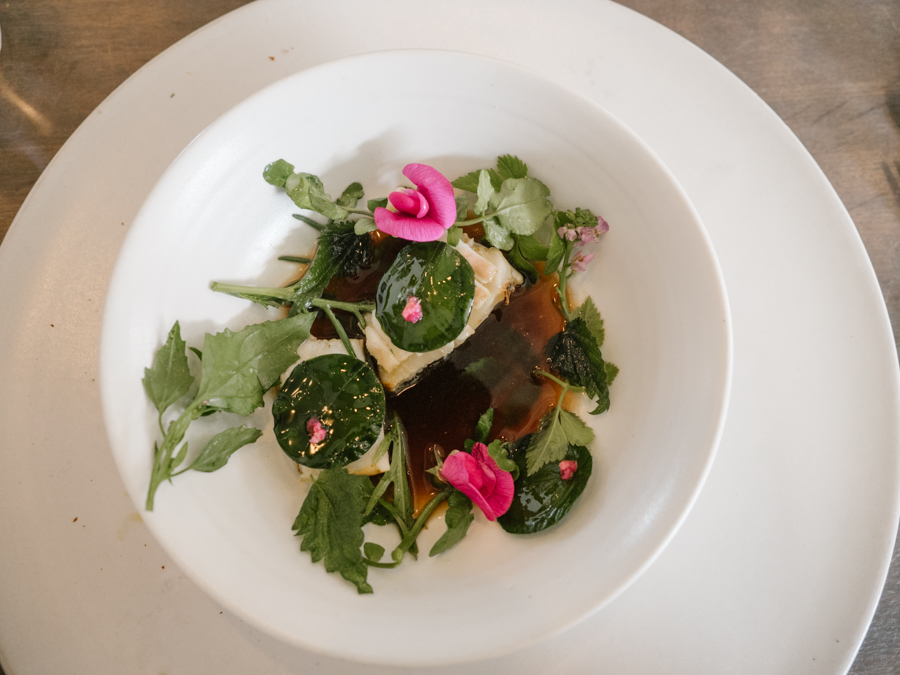
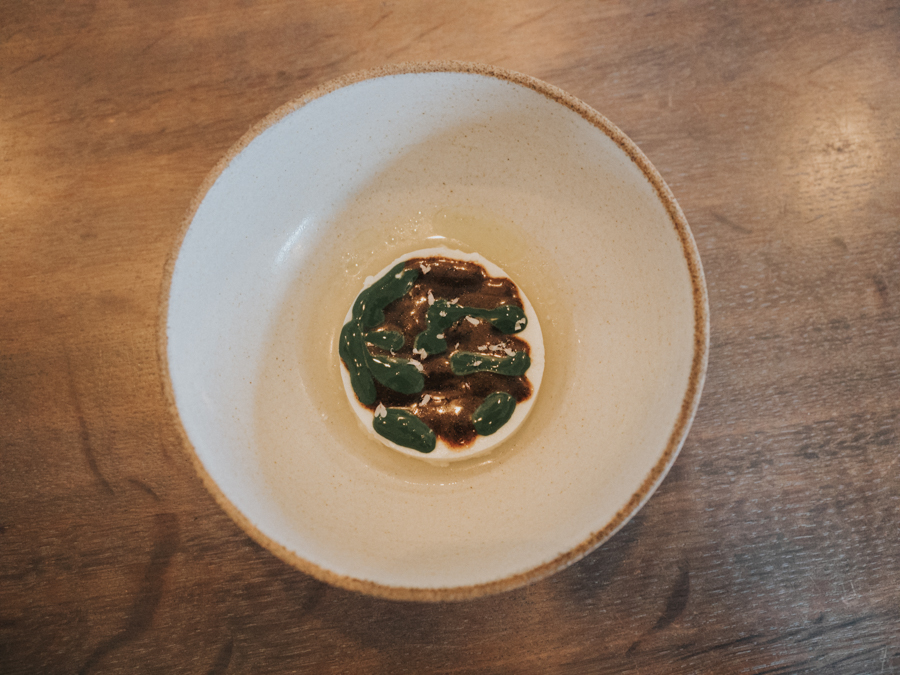
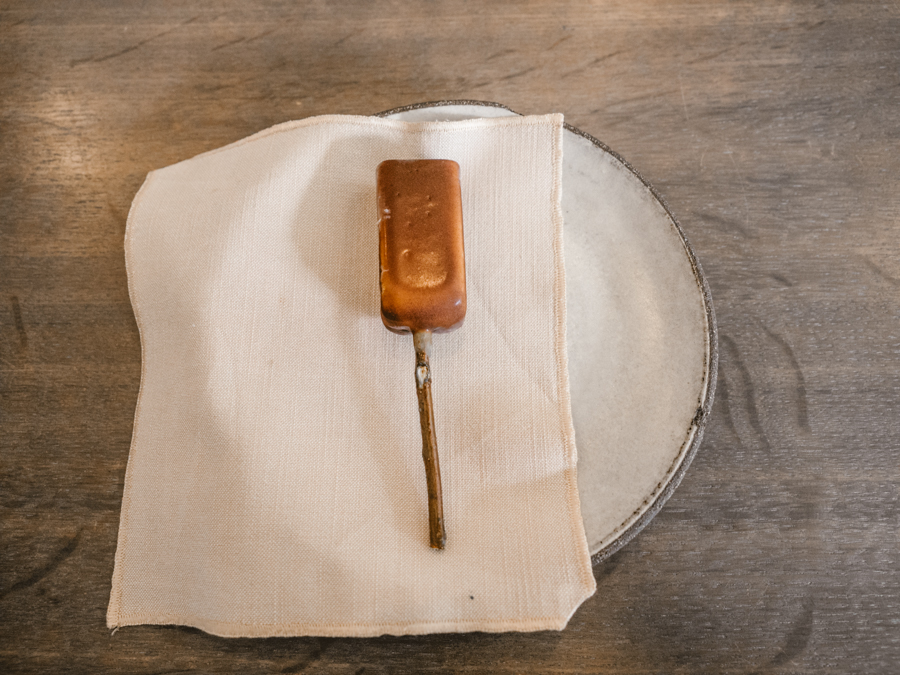
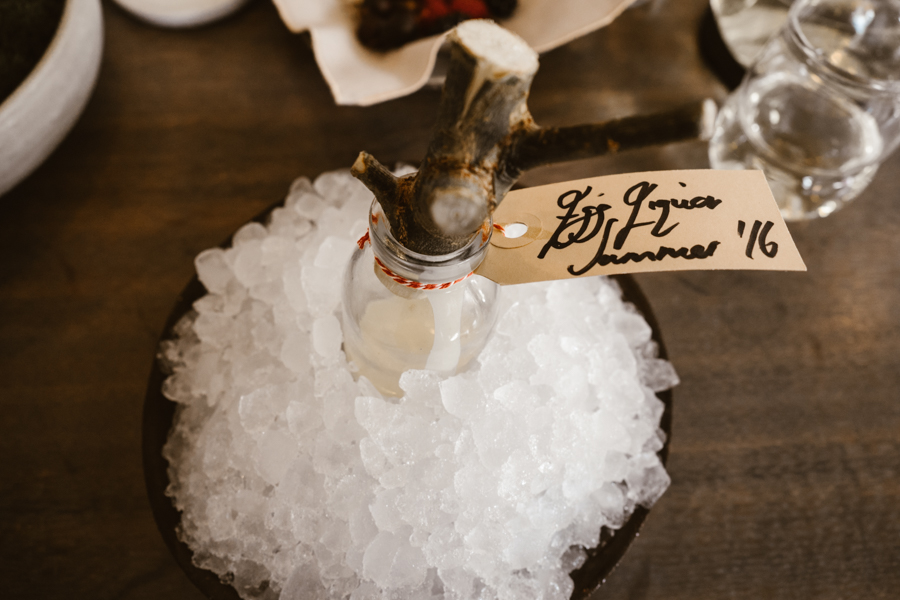
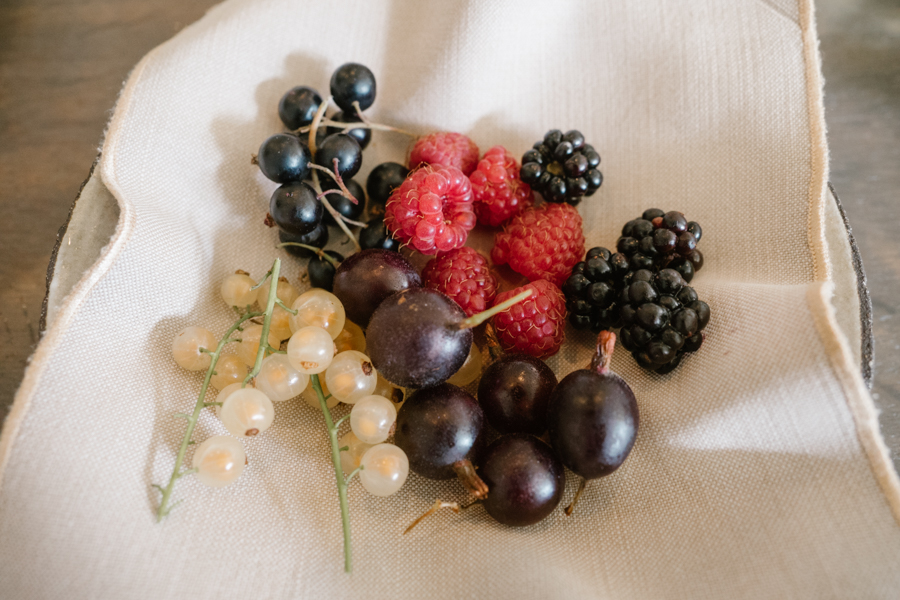
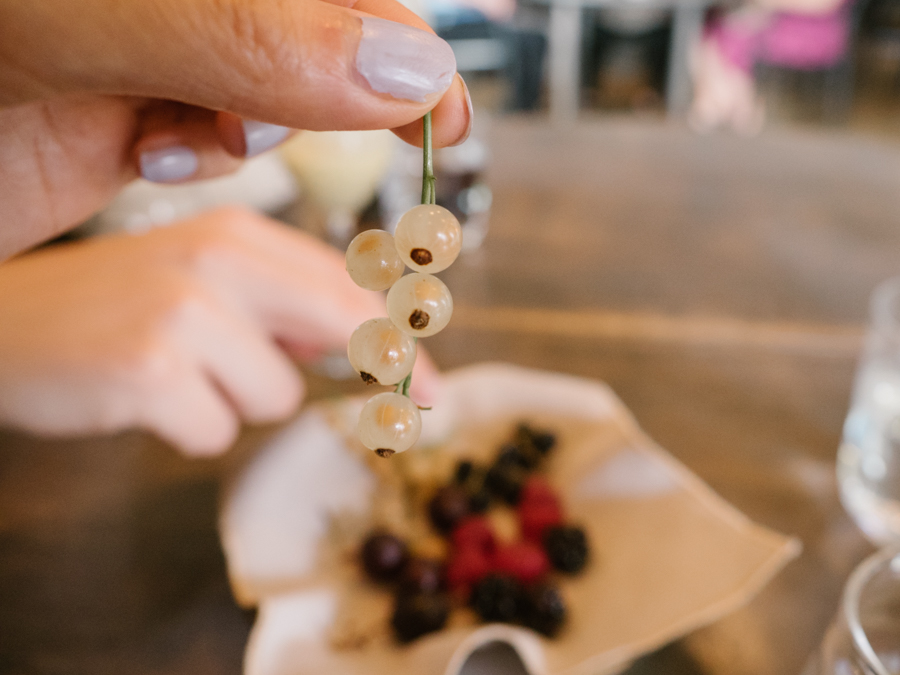
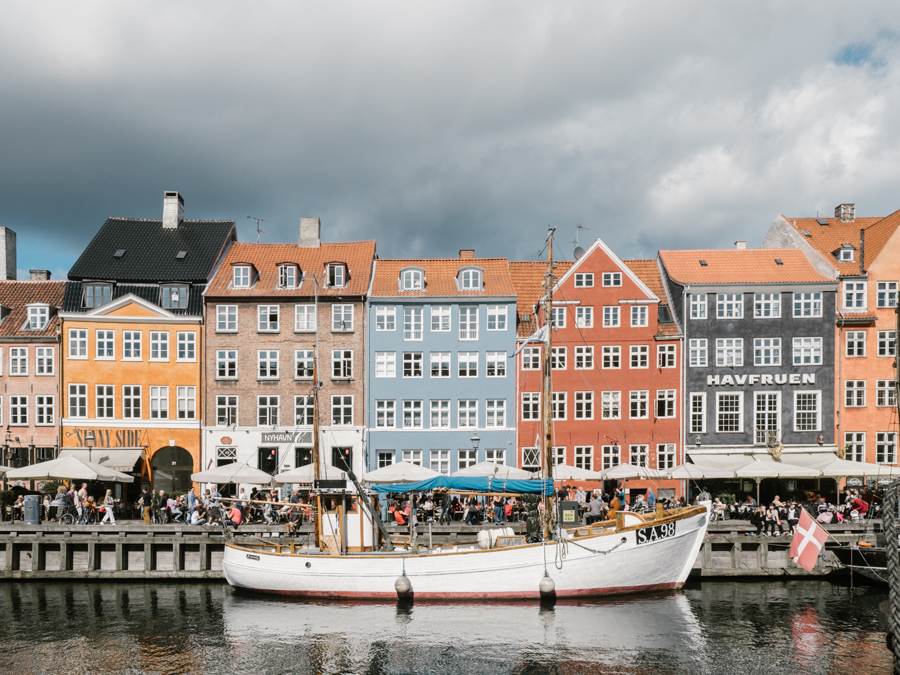

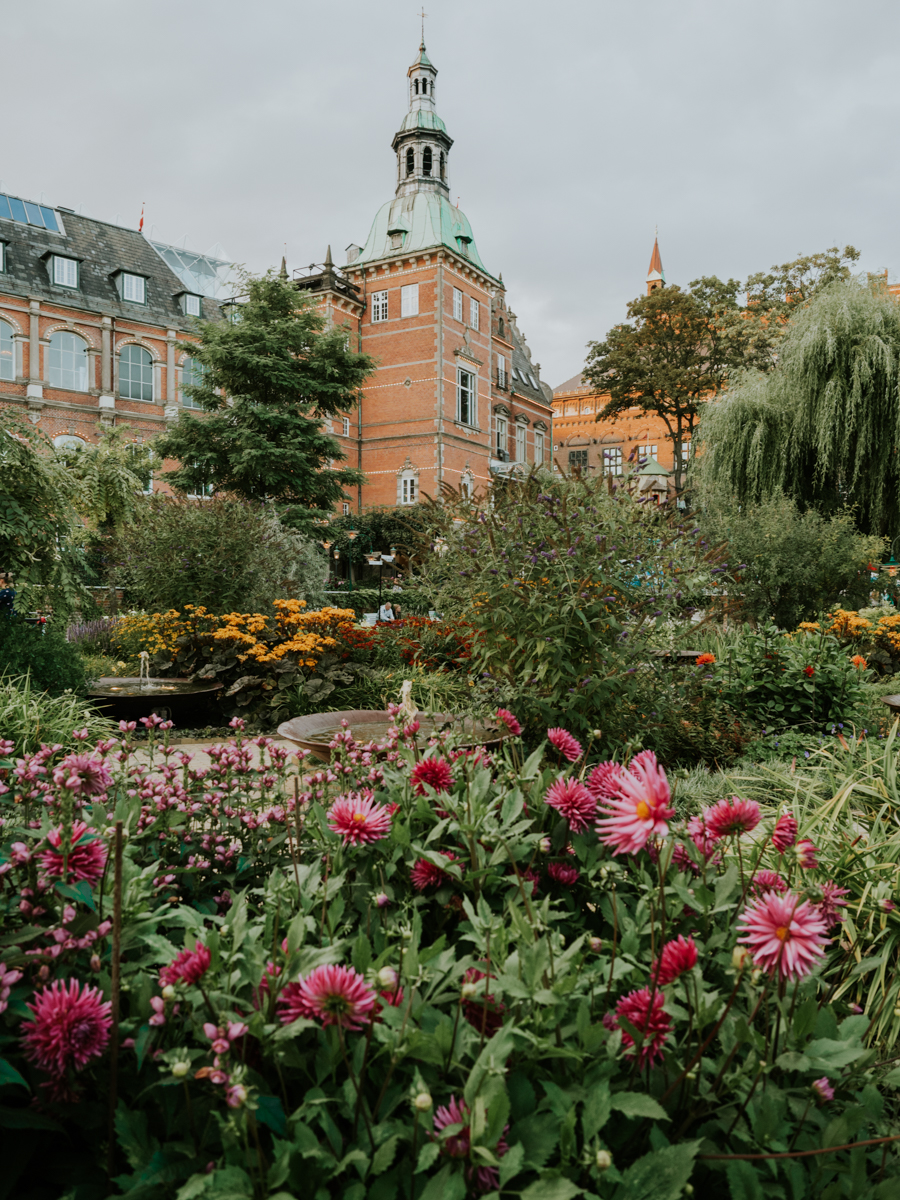
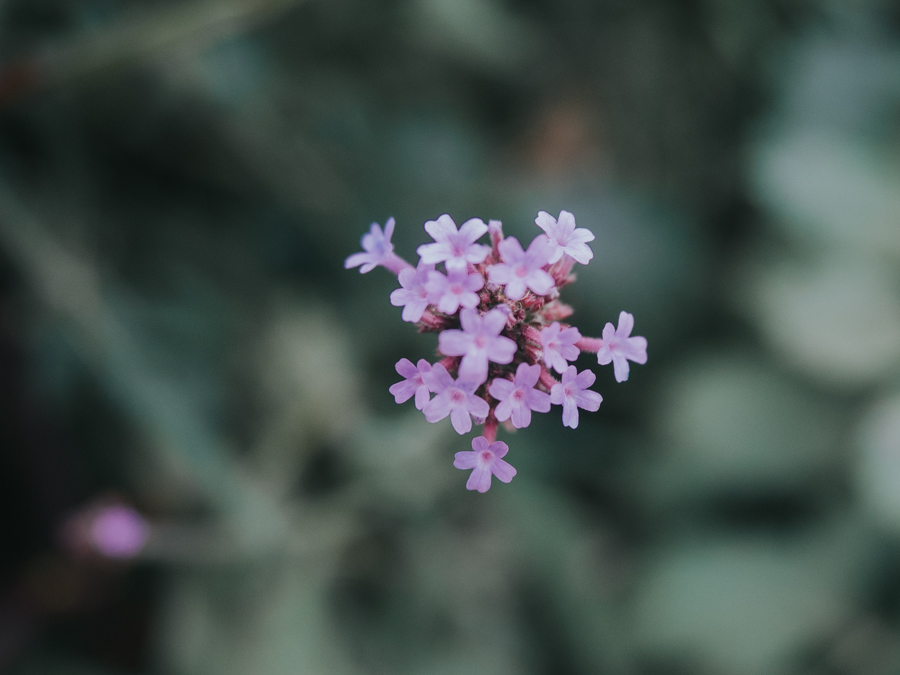
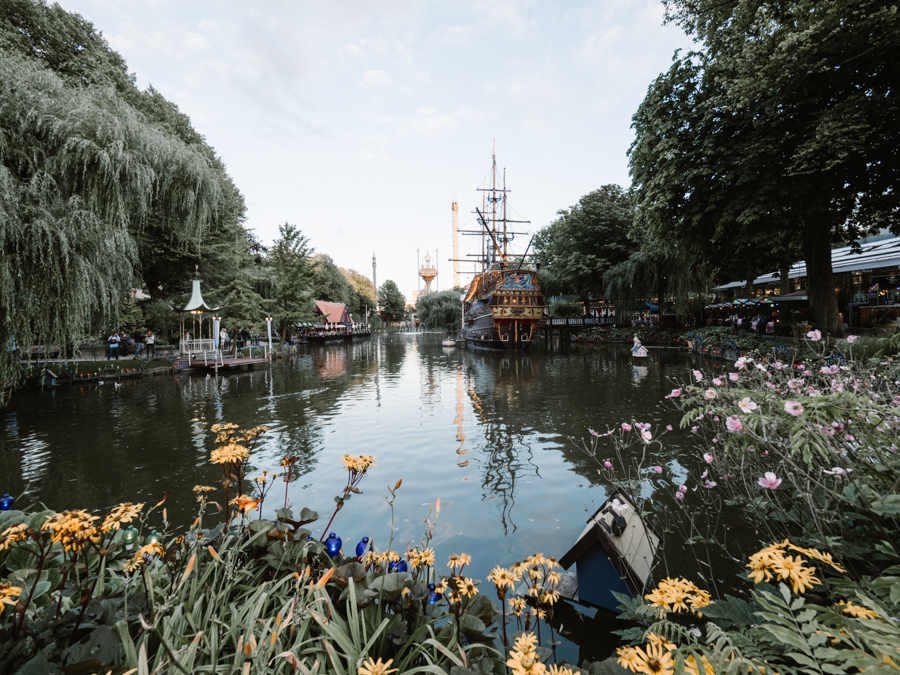
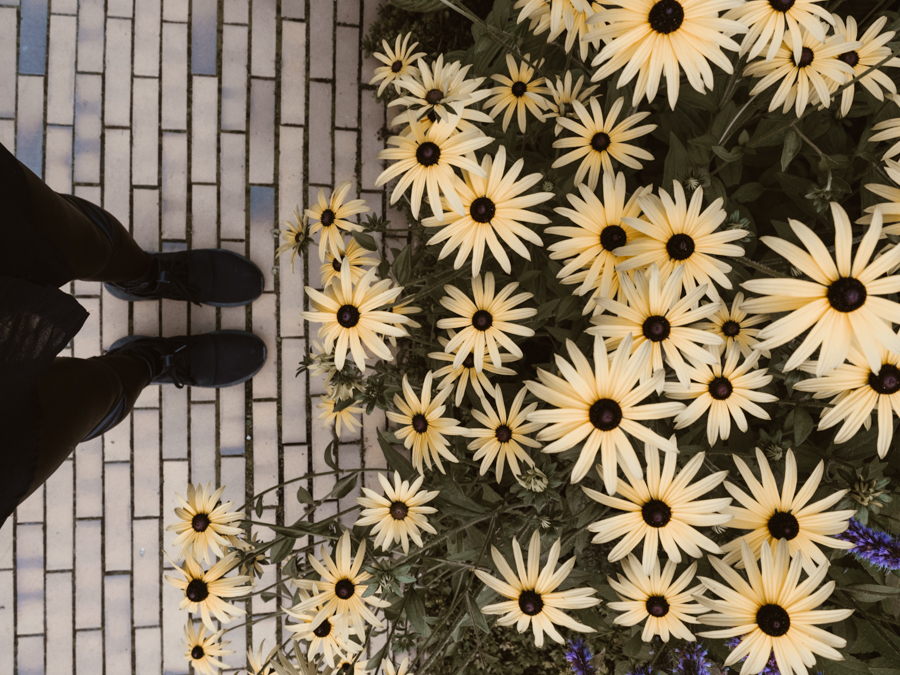
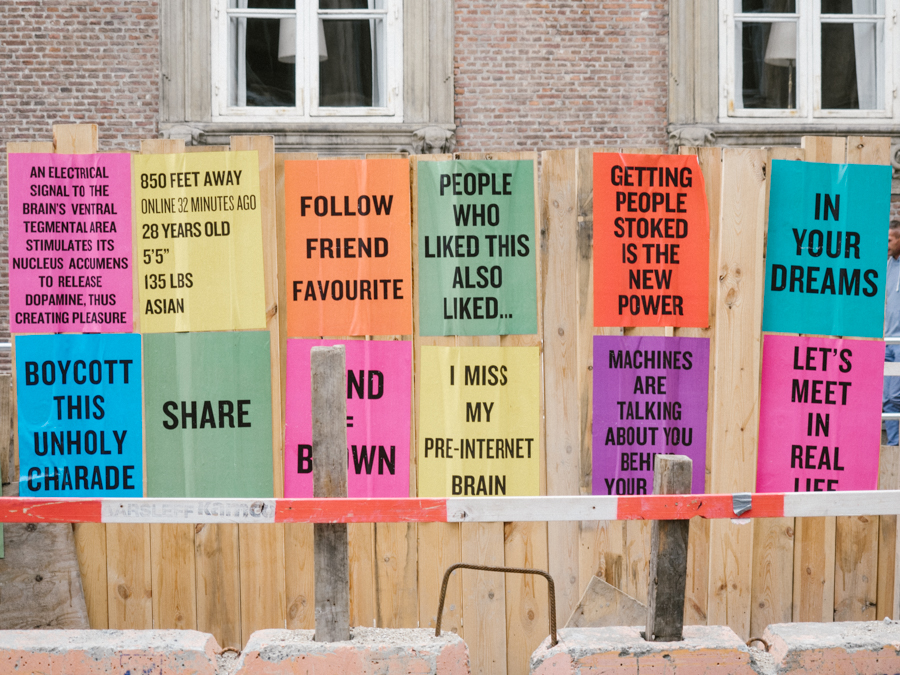
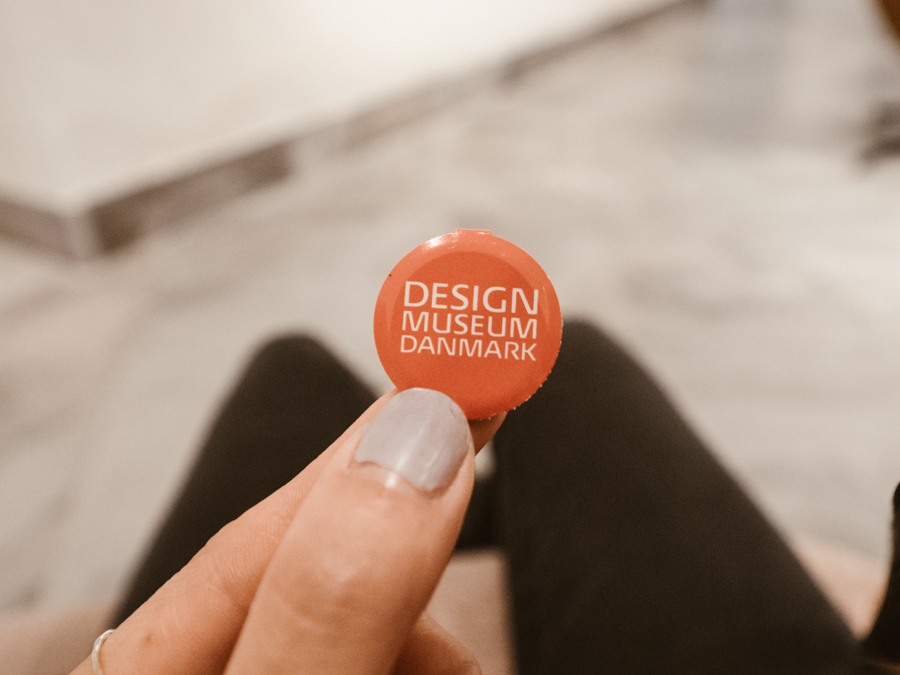
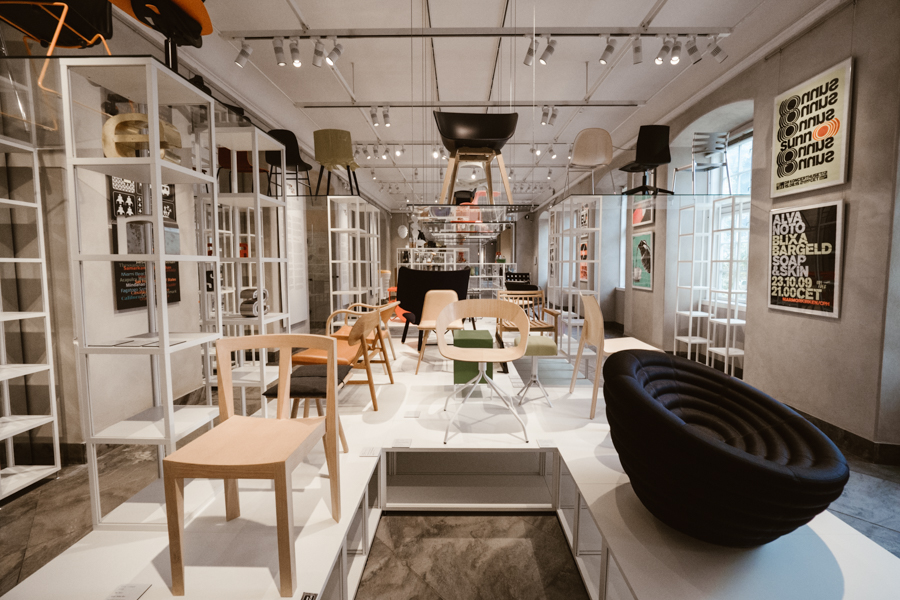

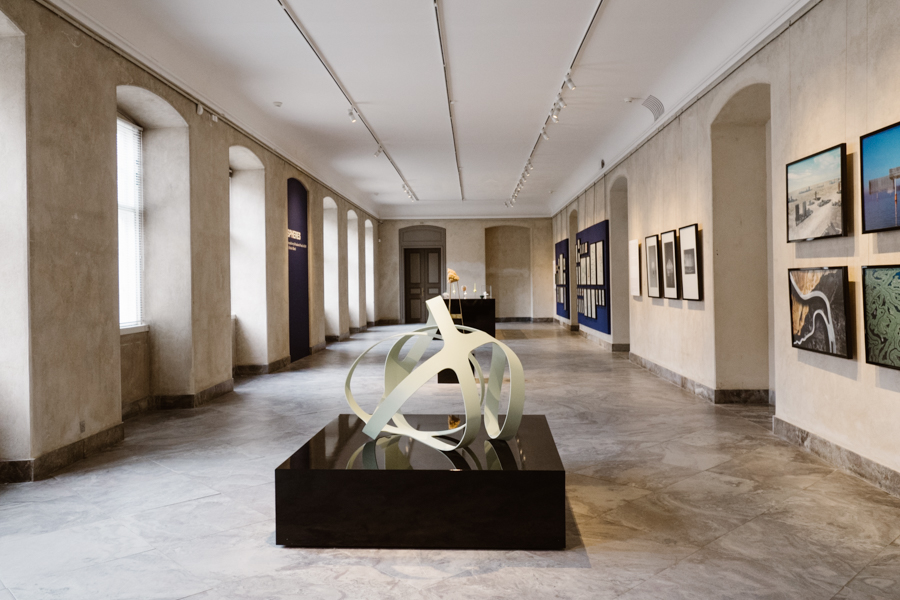
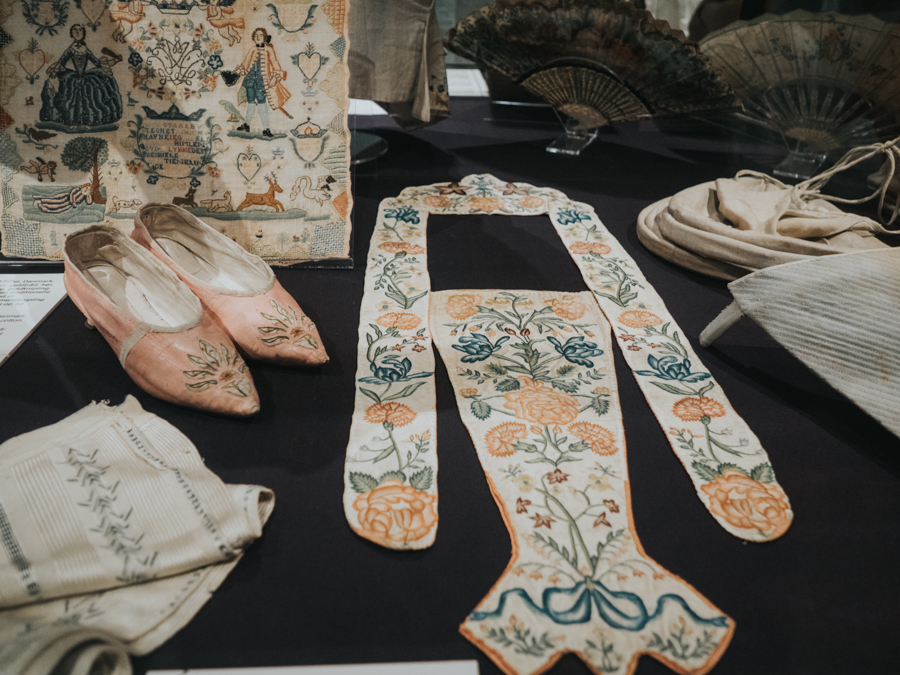
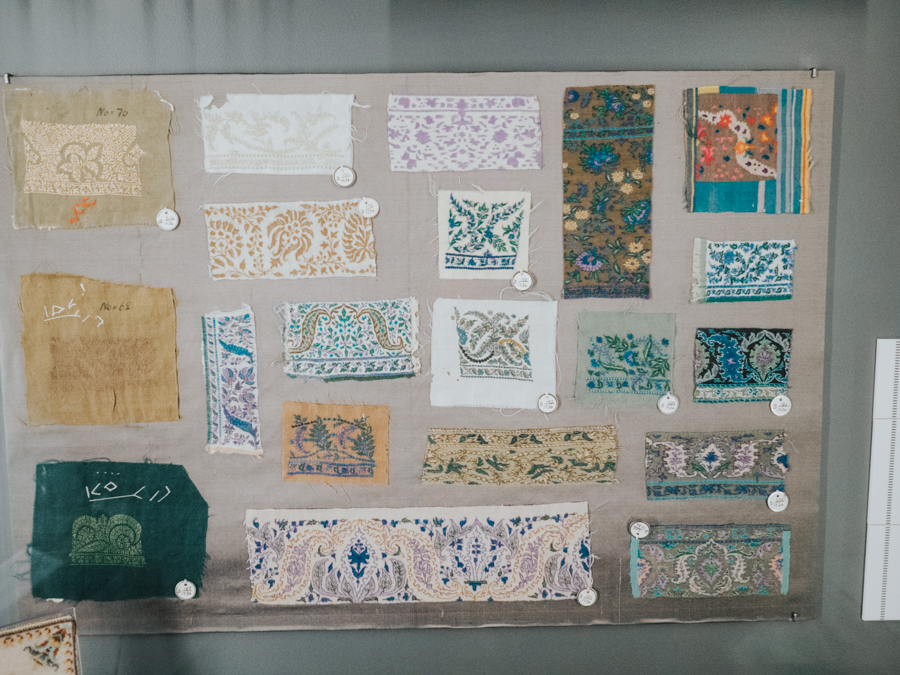
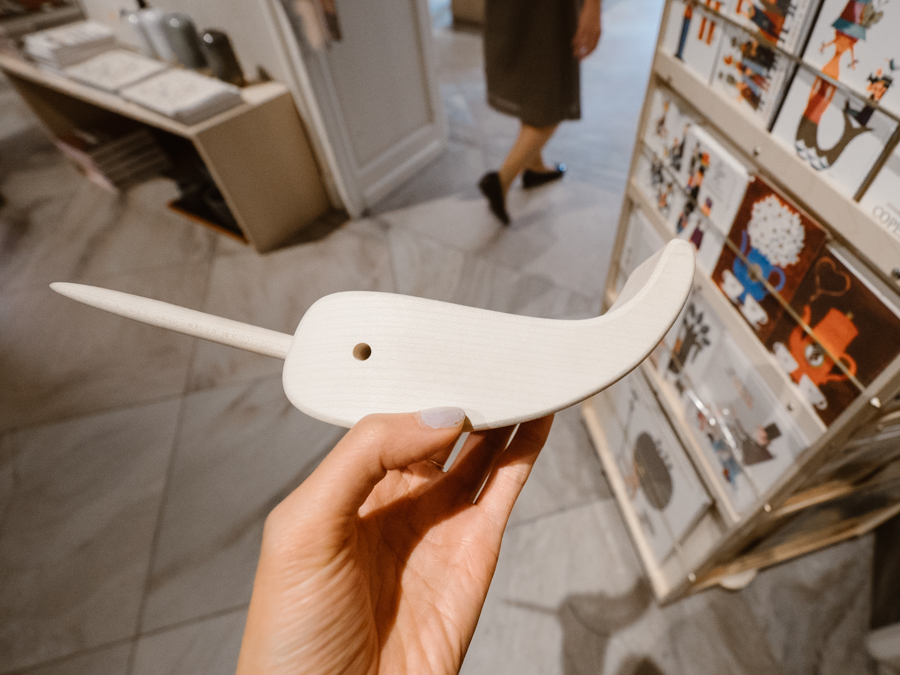
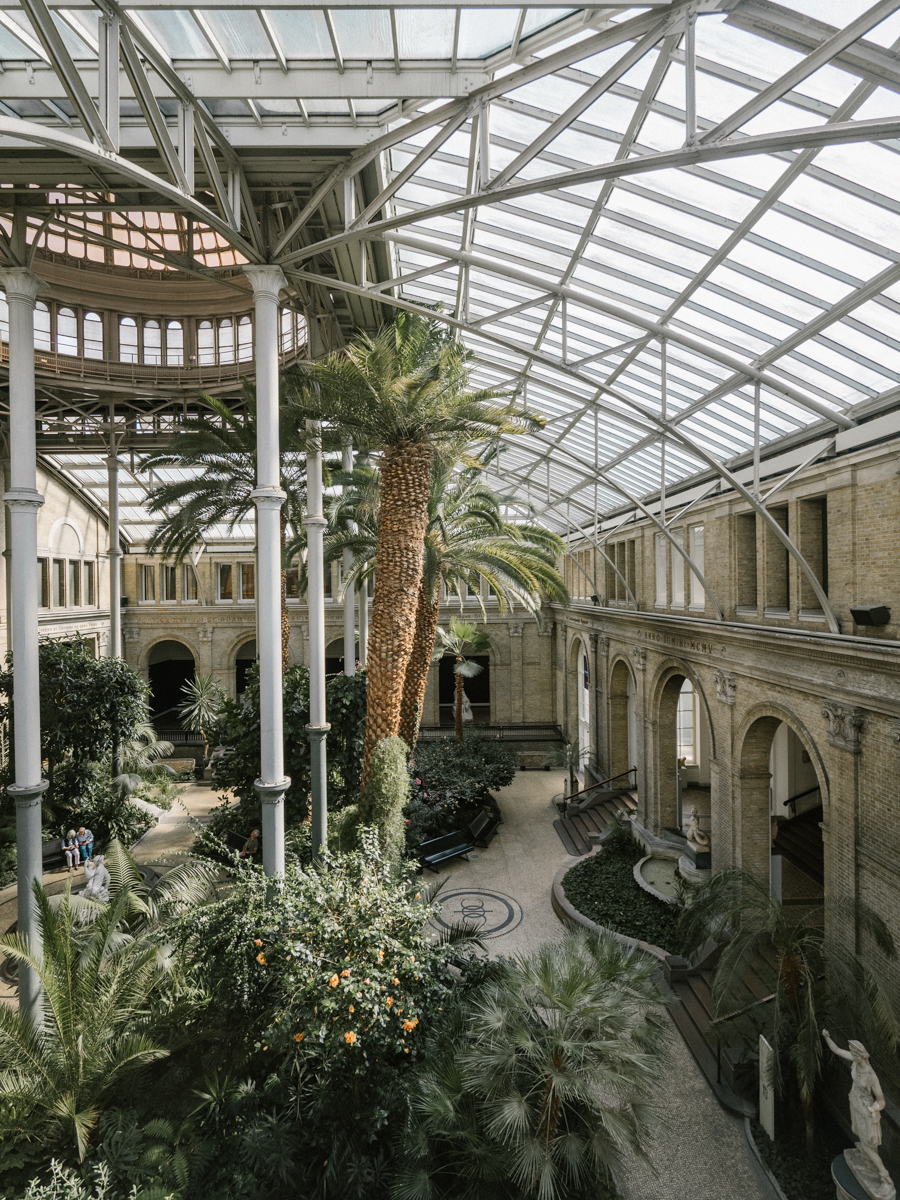
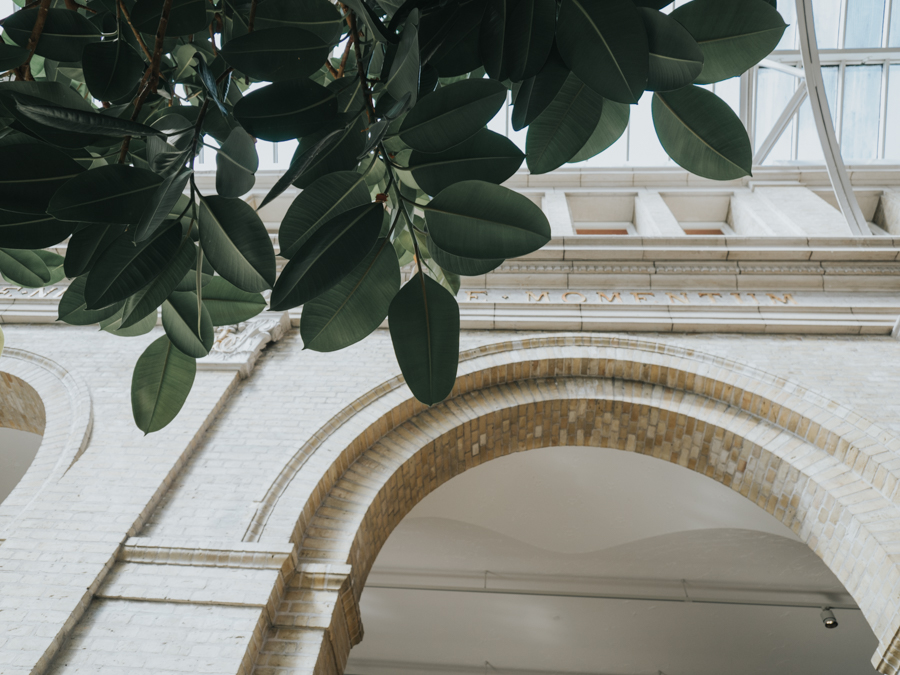
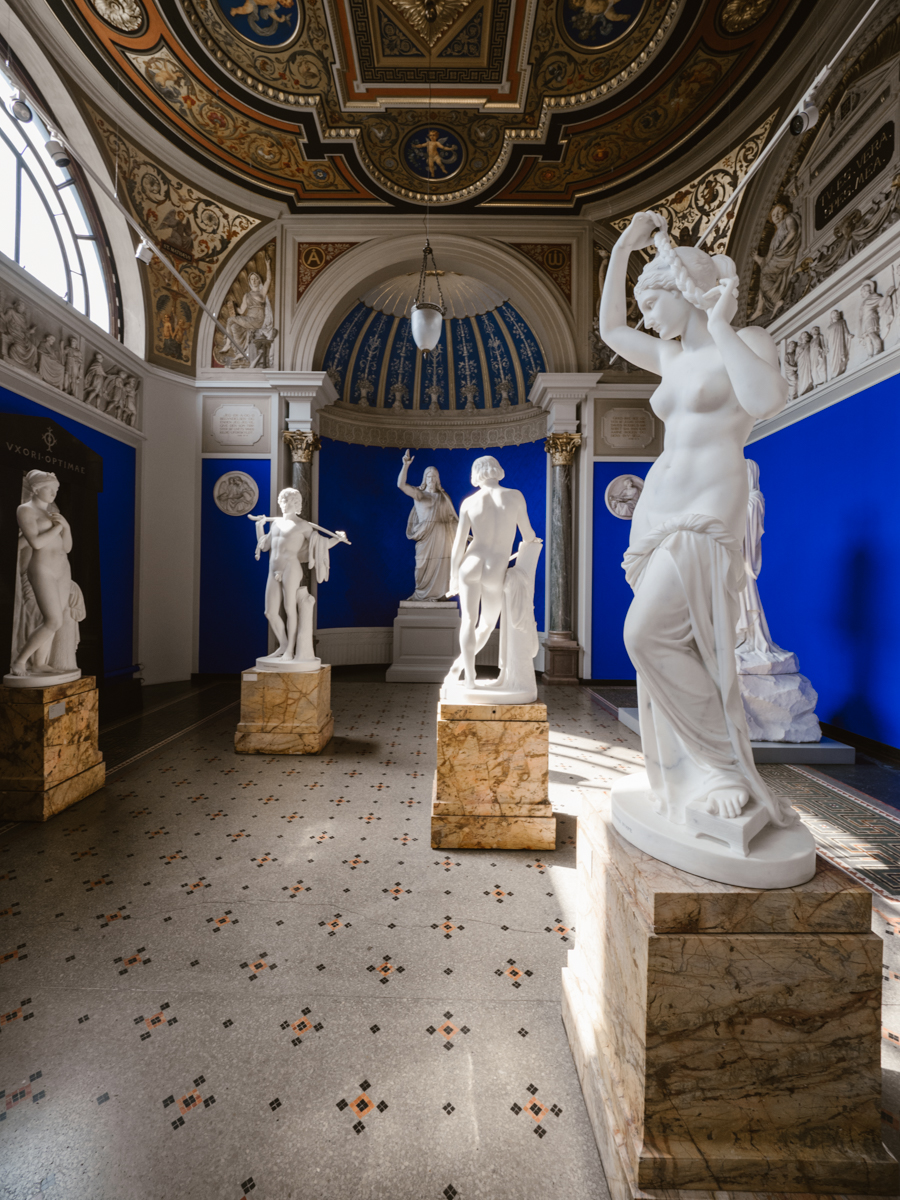
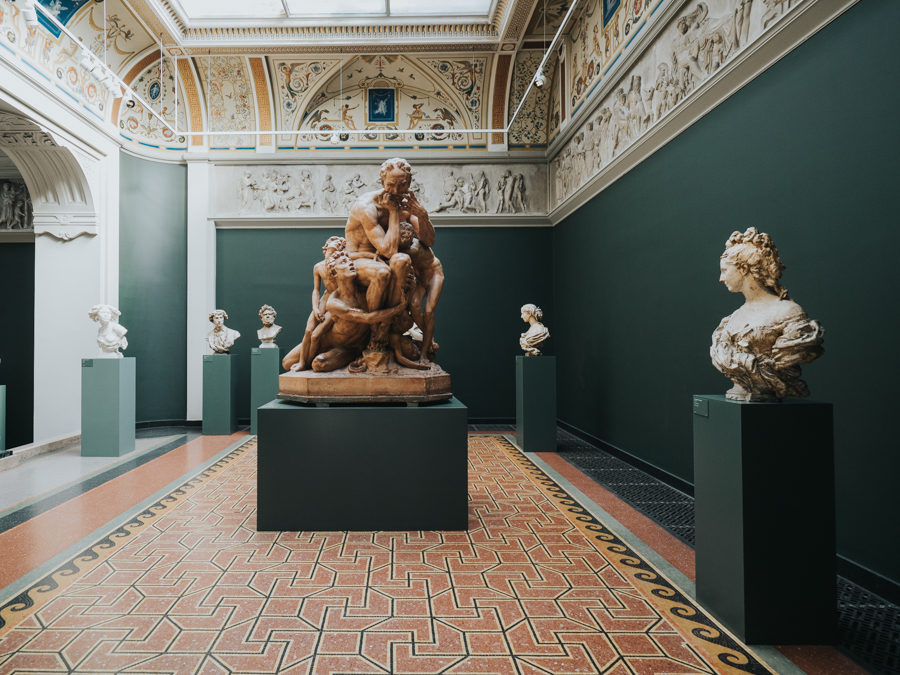
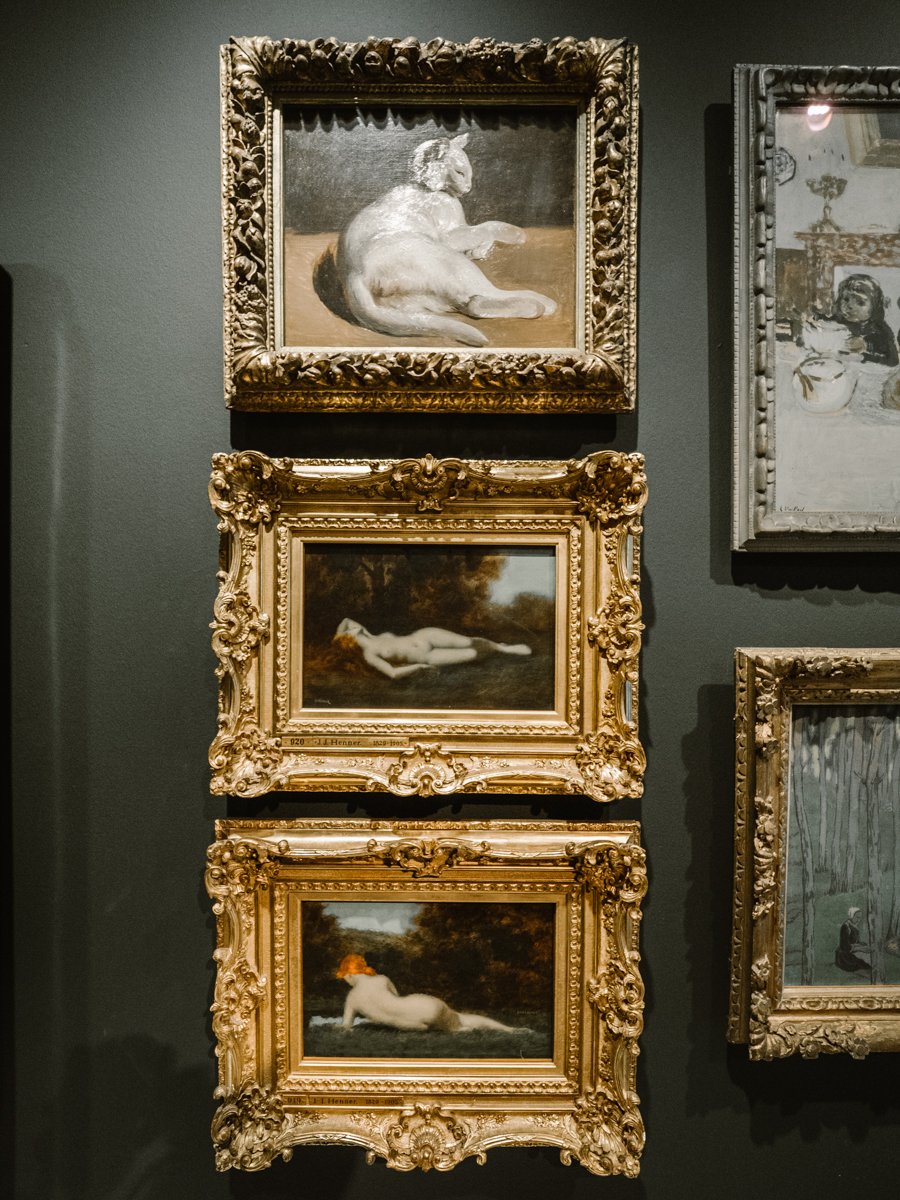
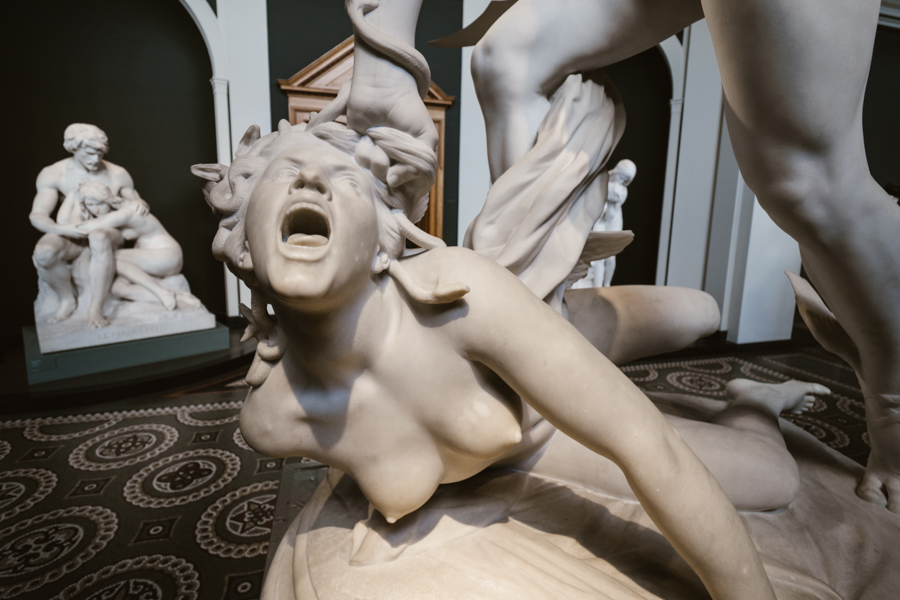

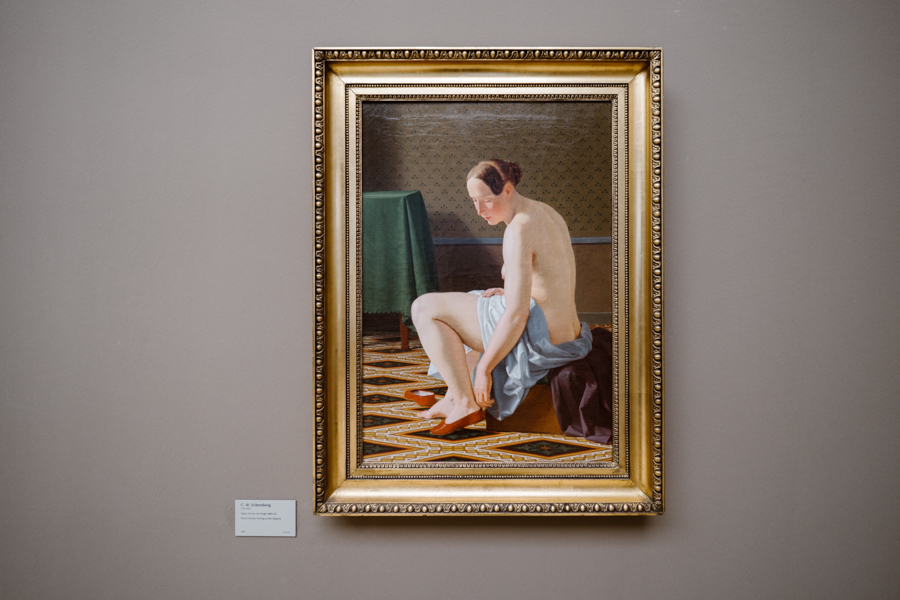
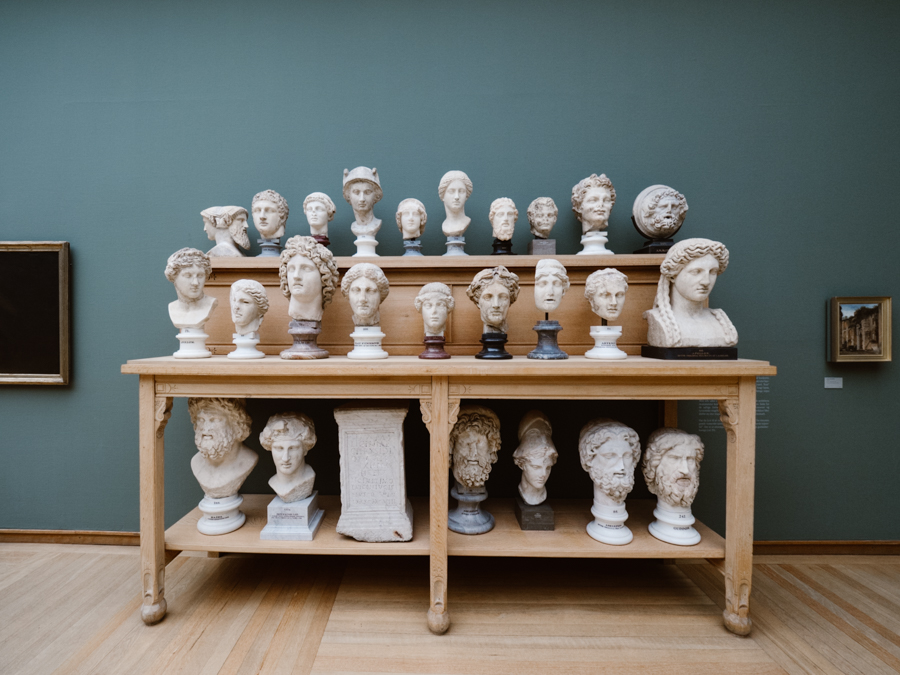

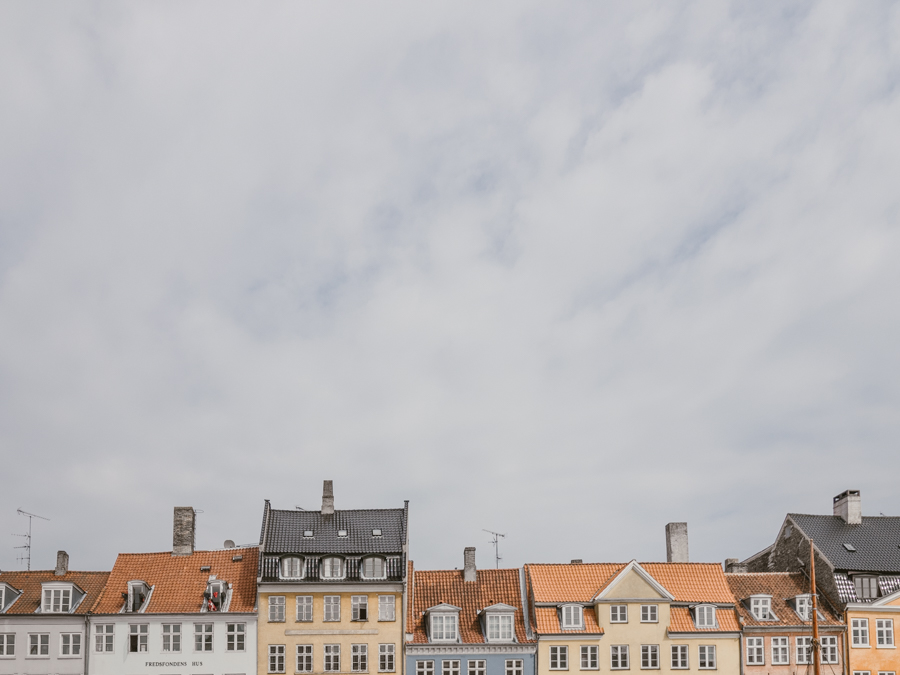




I don’t know whether it was all the ‘hygge’, but Copenhagen is definitely one of my favourite cities in the world!
Can’t wait to see the rest of the trip photos.